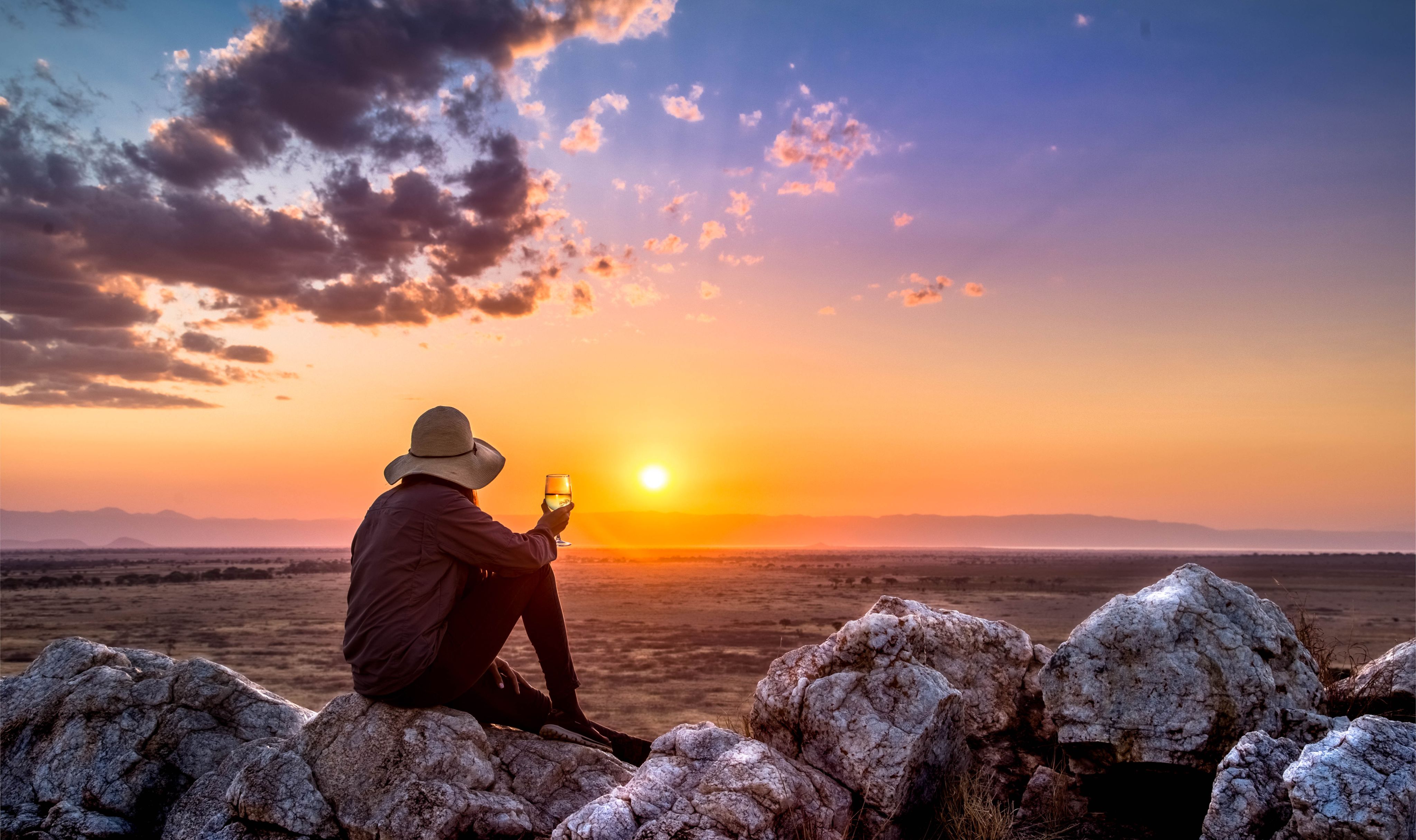
Regenerative Hotels:
Africa Spotlight
By Aurélie Gilles
Regenerative Travel Agent of Change, Landsby

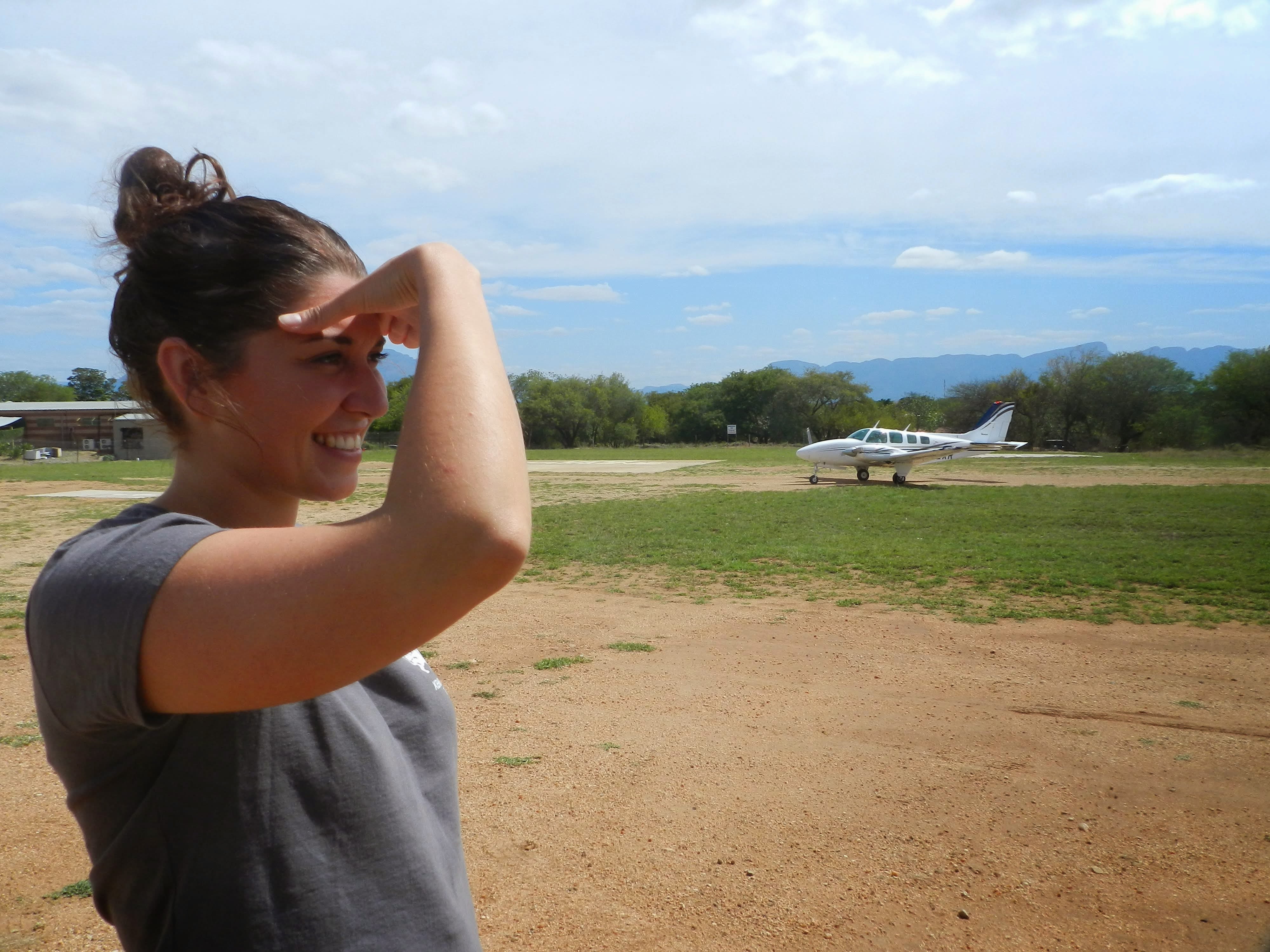
When I think of my time in Africa, what really stands out to me is the way it changed my worldview.
Whether I was exploring the rich colours and cultures of Morocco in Africa's north, the dynamic cities of South Africa, or the vast wilderness of the Serengeti, I felt a deep connection to nature and humanity - and it is a connection I have continued to carry with me even after moving to Canada.
For those looking to visit Africa for the first time, it may feel daunting to decide where to go. Africa is a huge continent -- the second largest in the world -- and the landscapes, cultures, and experiences vary widely from country to country and even between regions within a country.
In this article, I am highlighting three distinct sustainable properties that showcase some of my favourite regions of Africa. Scroll down to learn more about each place or click the country name at the top of the navigation bar. As always, reach out to me with any questions.
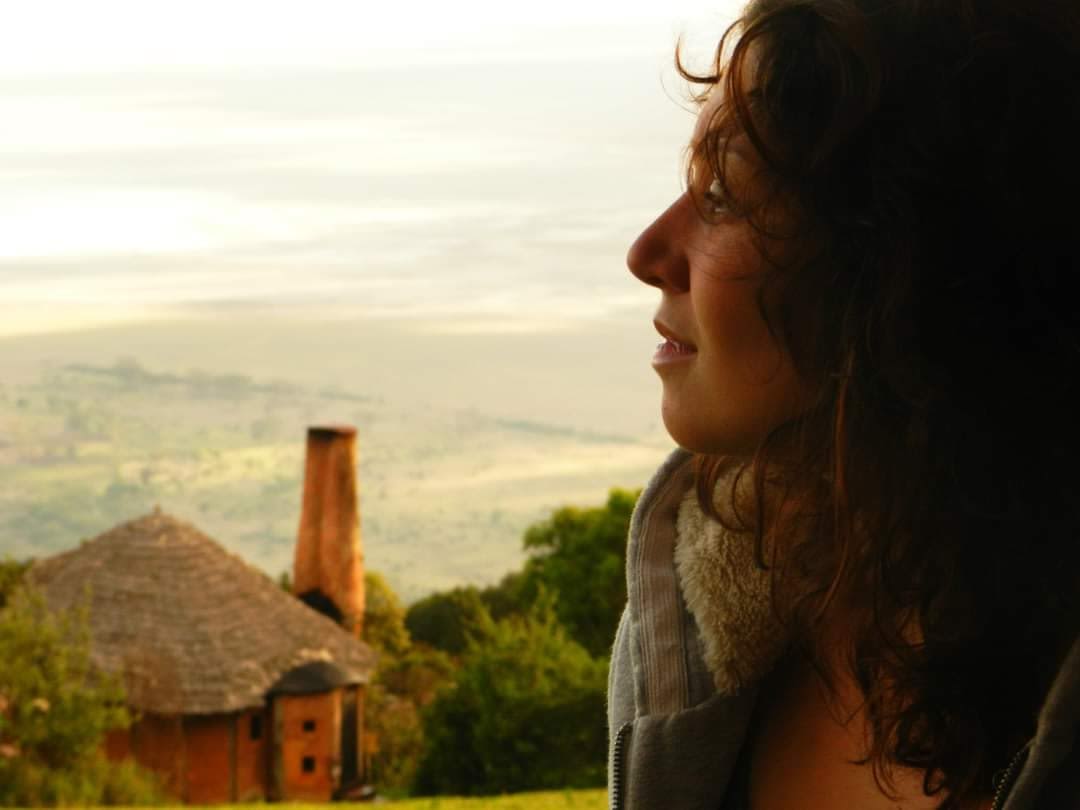
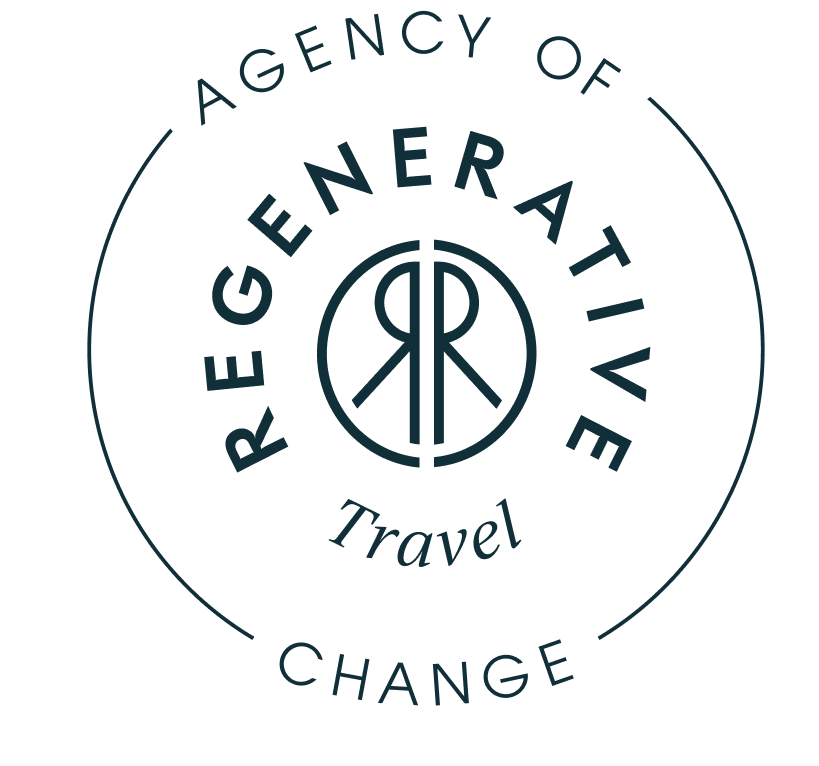
As a Regenerative Agency of Change, Landsby is committed to helping you travel the world in a more ethical and responsible way. As part of that commitment, we are highlighting properties around the world that implement regenerative practices. This is a selection of our picks for Africa. Reach out to me for more information.
Kasbah du Toubkal
Morocco
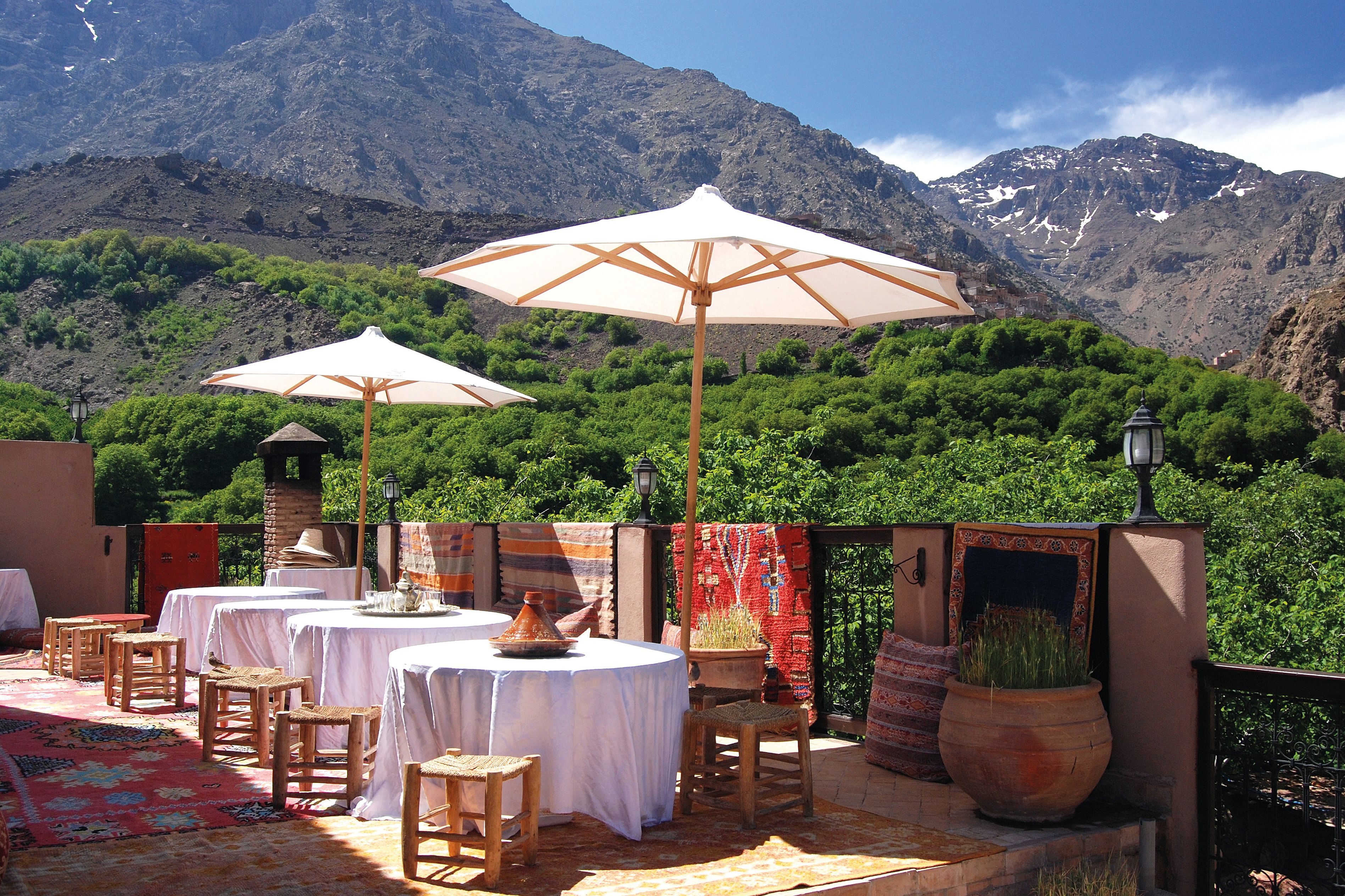
Earthquake Relief
On September 8, 2023, a powerful 6.8 magnitude earthquake struck the High Atlas region near Kasbah du Toubkal. Many community members were affected. Regenerative Travel is hosting an auction to raise money for earthquake relief and recovery. Please follow this link for more information or to bid.
Kasbah du Toubkal is set in Morocco's High Atlas Mountains and sits above a small village called Imlil. Since it sits perched on the mountainside, there is no road access to the property. To reach it, you must go on foot or travel by mule.
Even after having visited many other incredible destinations around the world, this trek up the mountain on a mule and the connections I was able to make with authentic Berber culture stands out to me as a very special experience in my life.
The property is built with a profound respect for the terrain, culture, and history of this special place. Inside, the nature-focused house offers comfort, tranquility, and a connection to the community and land. It is the perfect place for adventurous mountain hikes and learning about Berber culture.
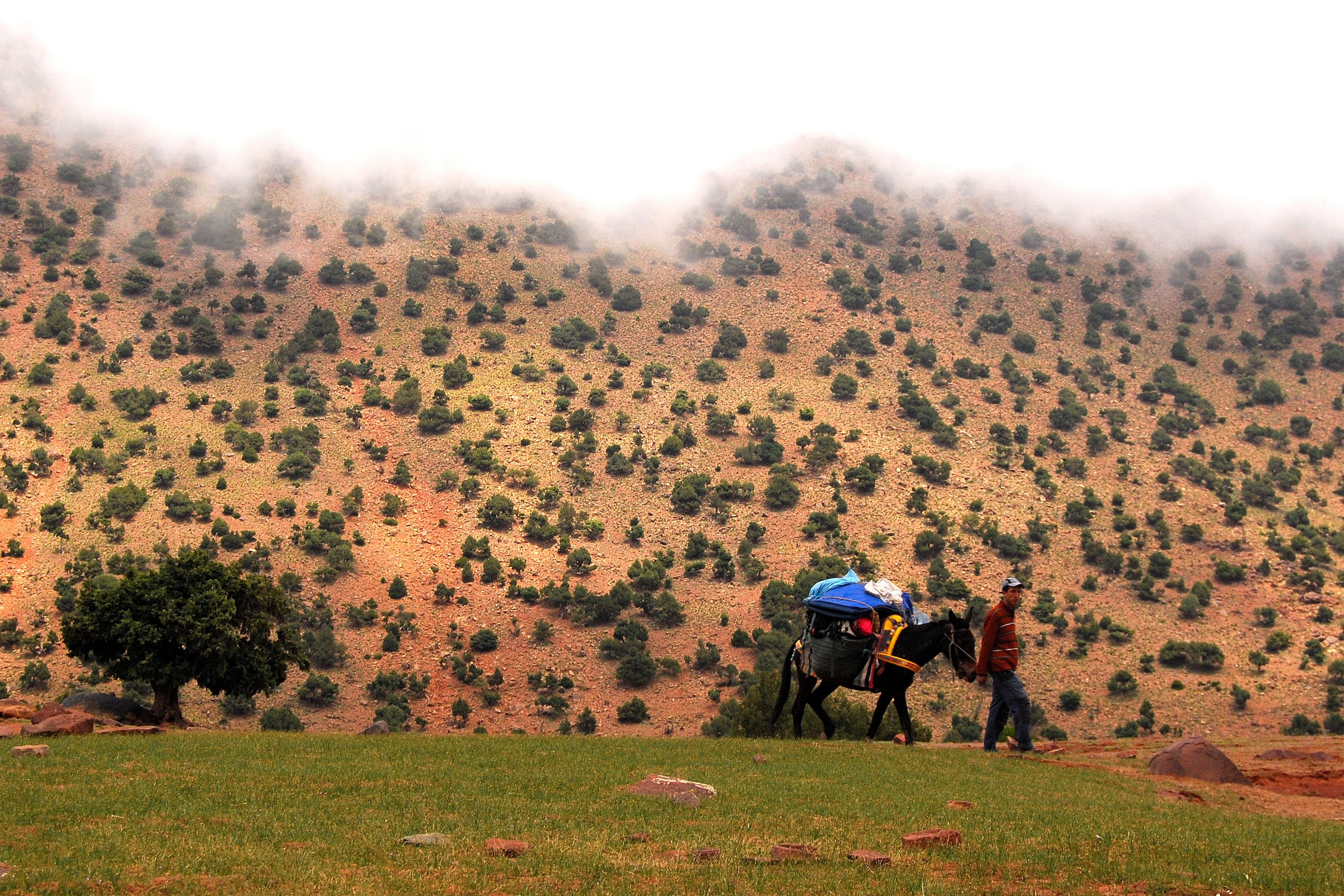
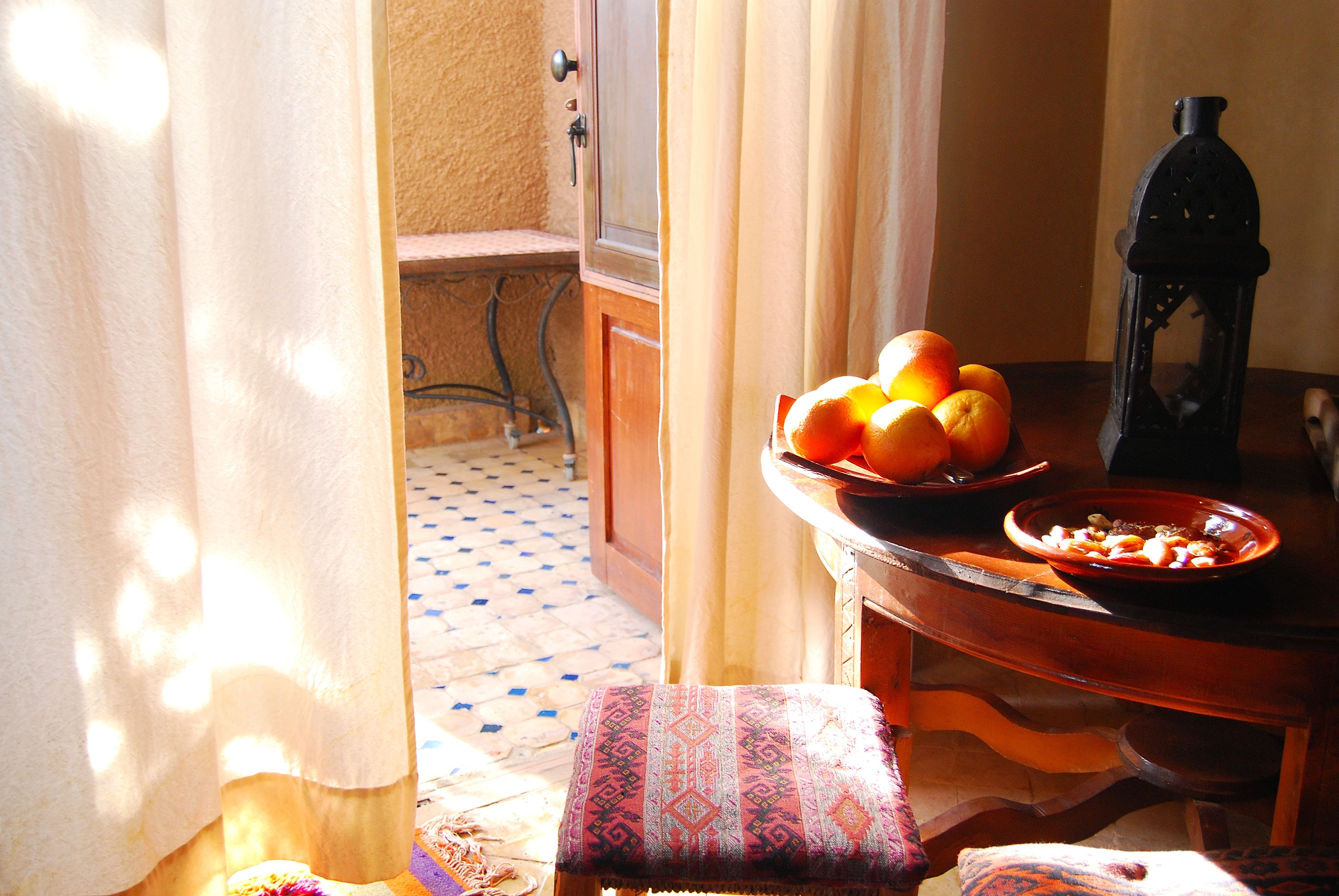
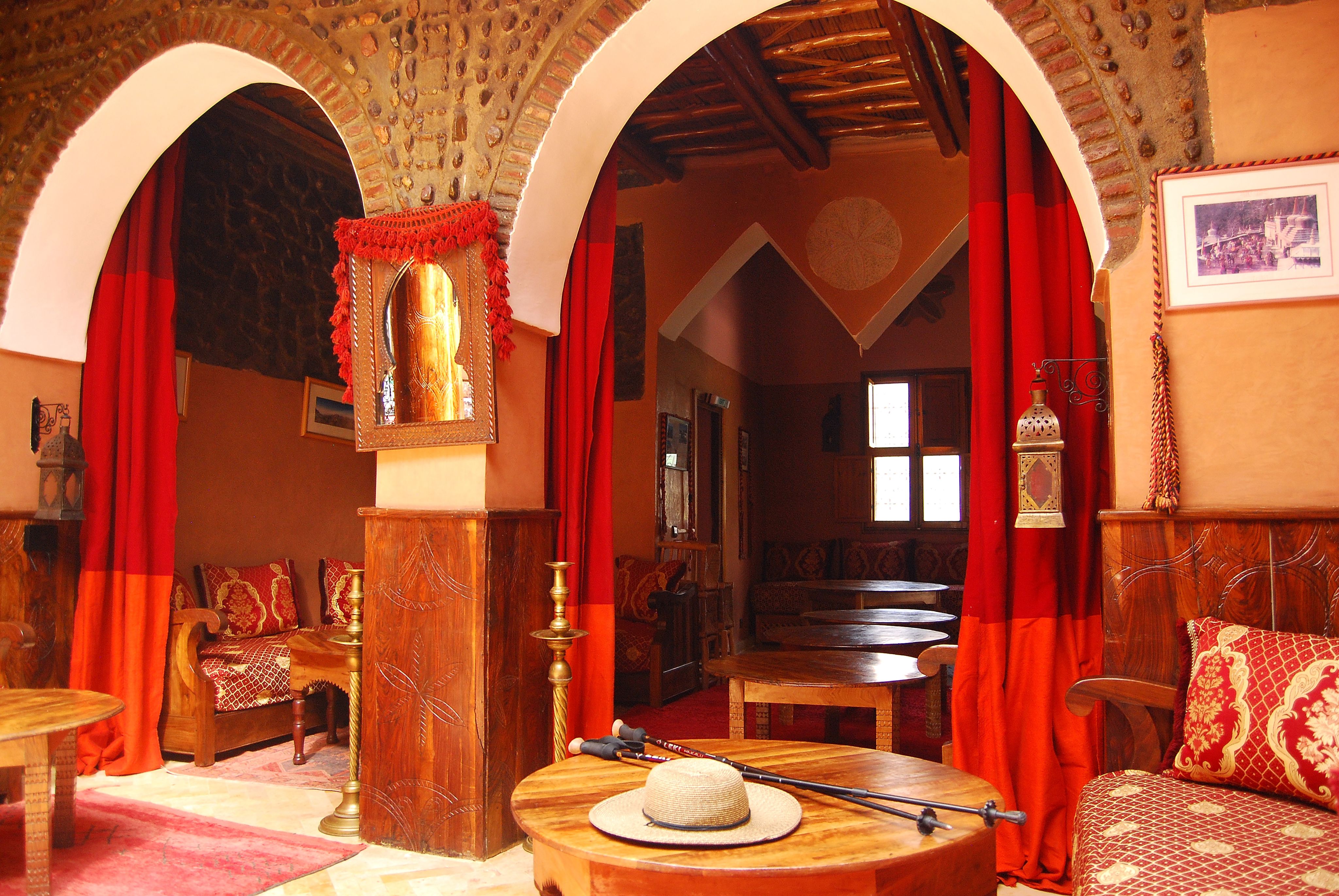
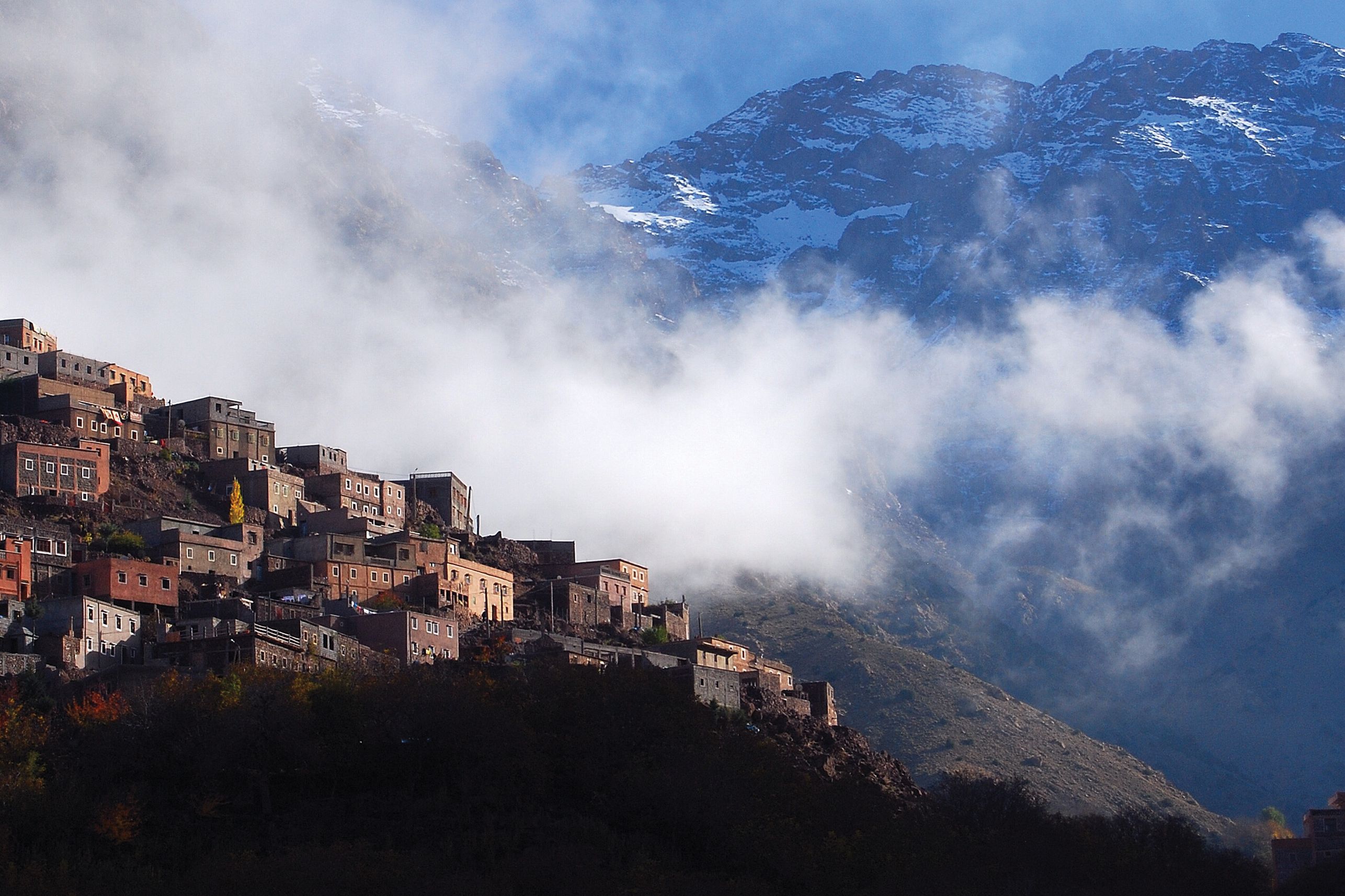
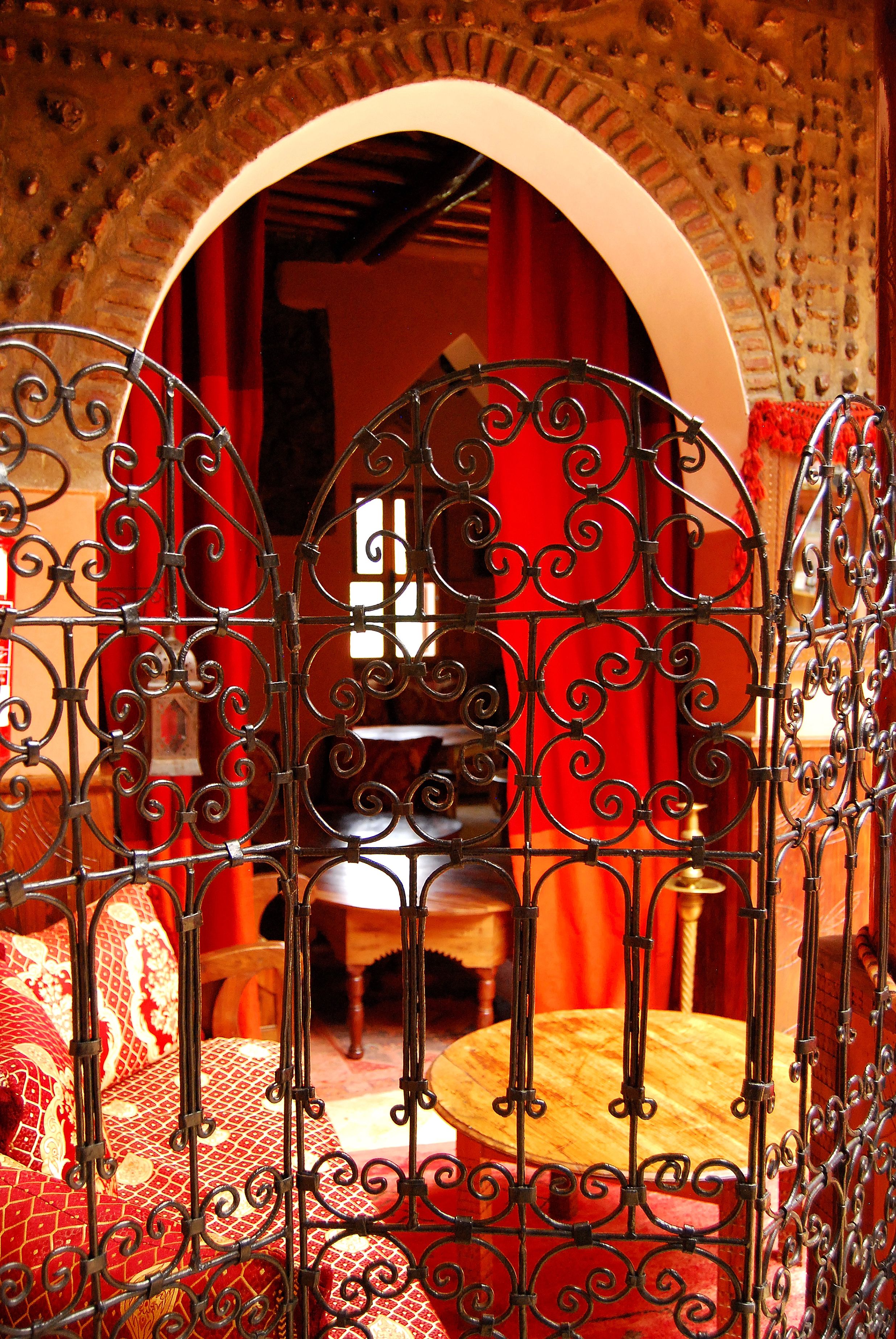
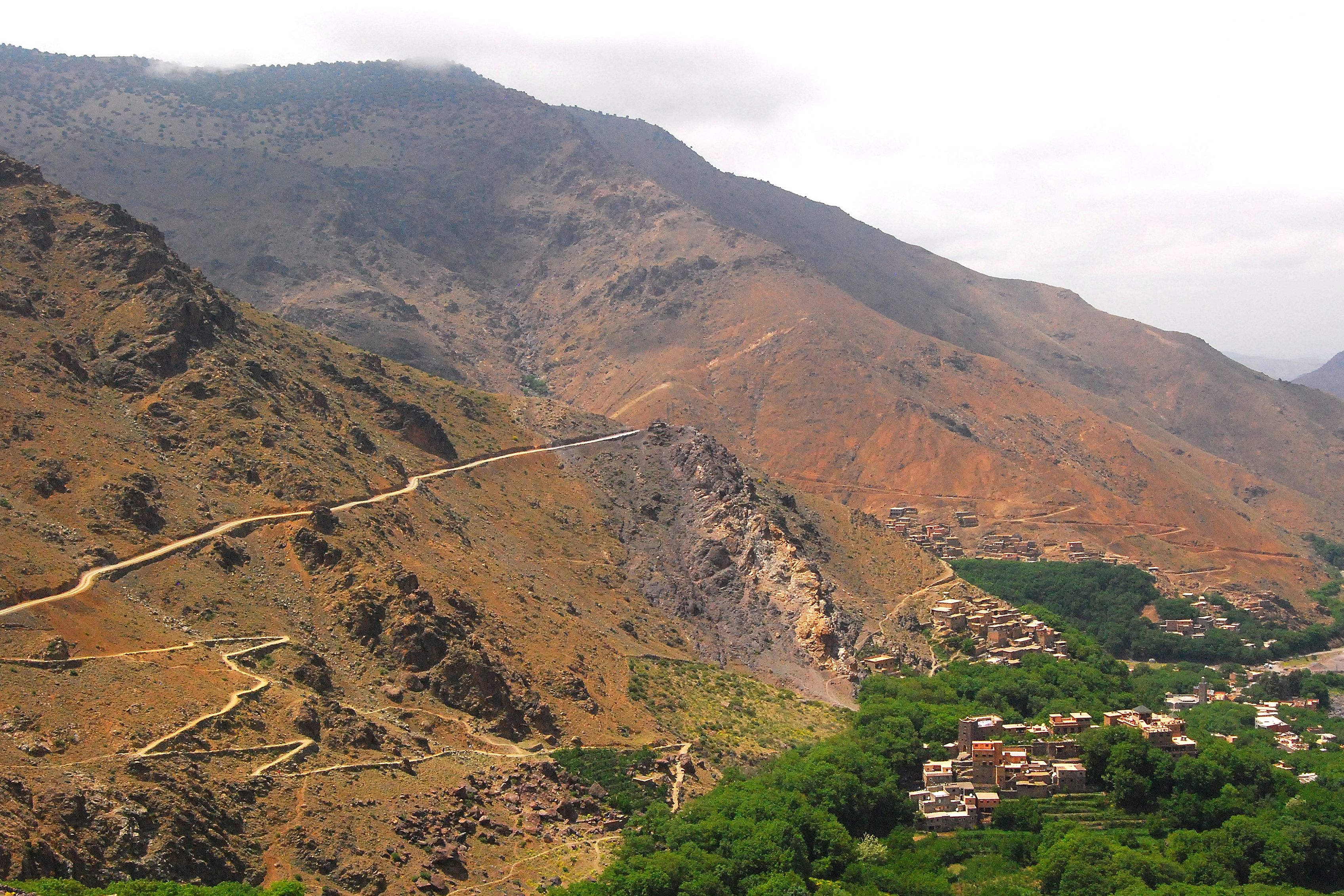






What makes Kasbah du Toubkal regenerative?
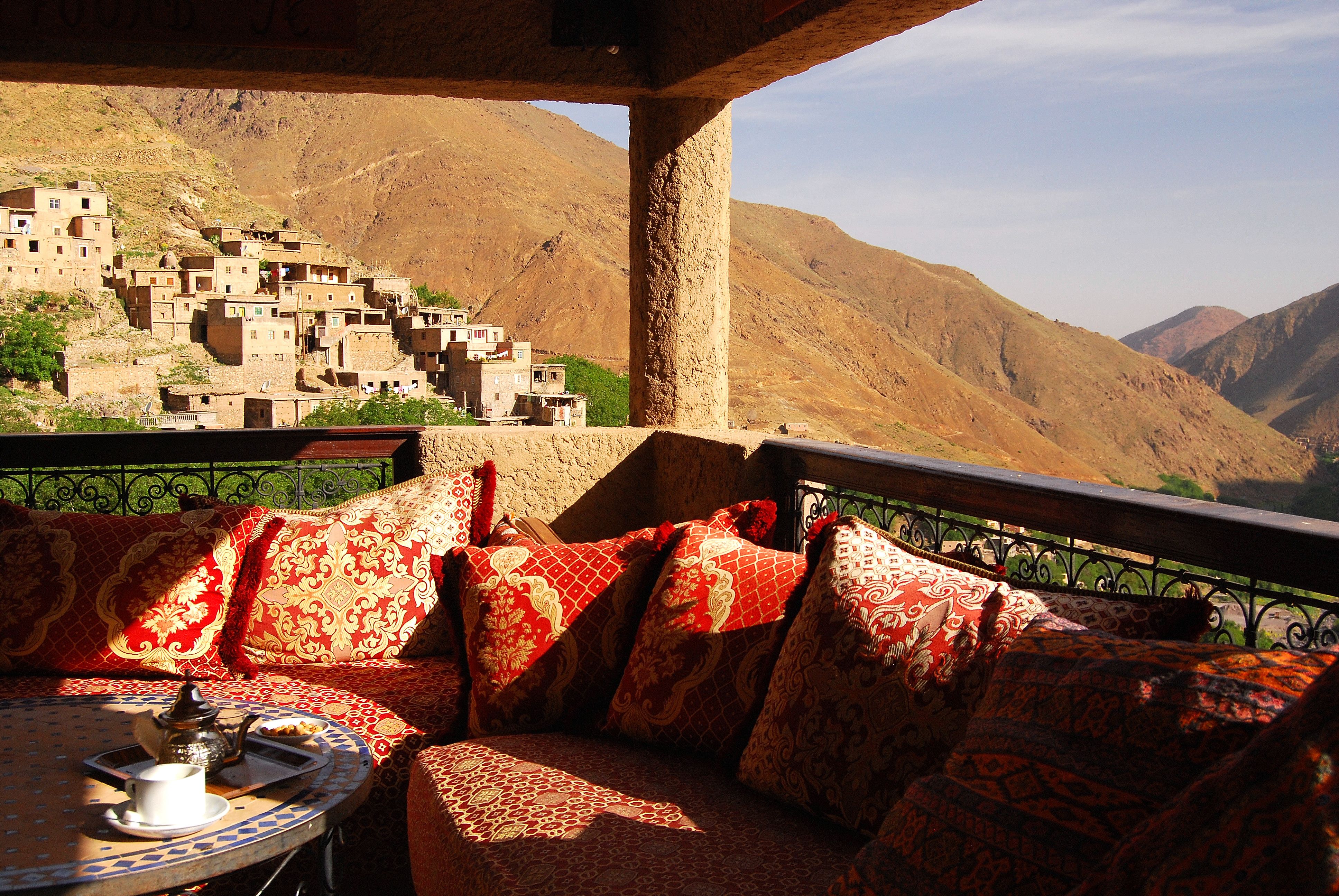
Honours Place & Respects Local Culture
The rooms are designed using natural materials to blend in thoughtfully with the surrounding mountain landscape and in keeping with Berber architecture and artisan craft. Local customs are incorporated into hospitality, such as greeting guests with rose water splashed on their hands and serving a date, often dipped in milk, to restore energy.
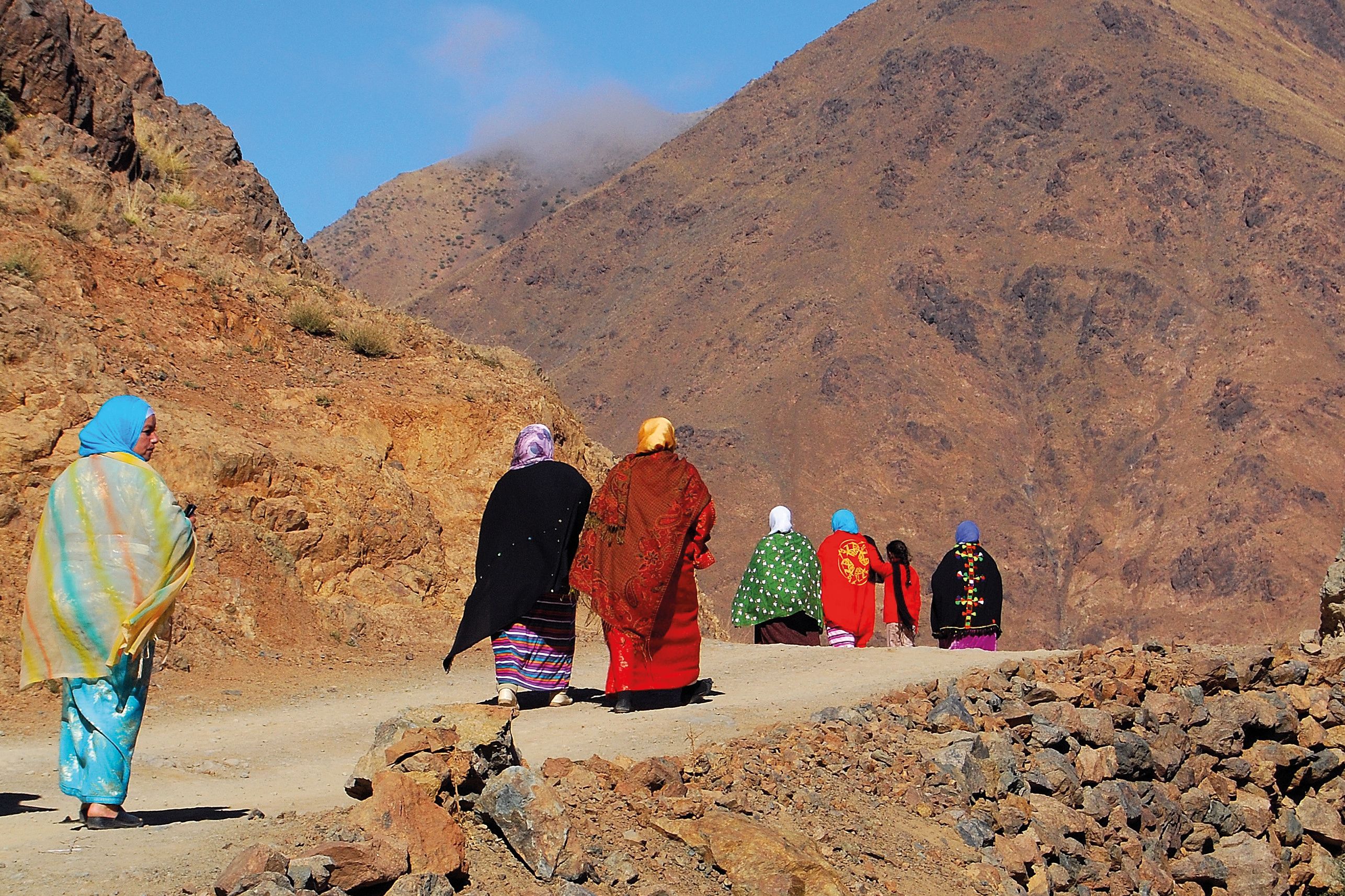
Empowers Women & Girls Education
The Kasbah du Toubkal founded the Moroccan charity Education For All to build boarding houses in the local Imlil area to provide girls between the ages of twelve and seventeen with key education and materials that they would otherwise be denied in their rural villages.
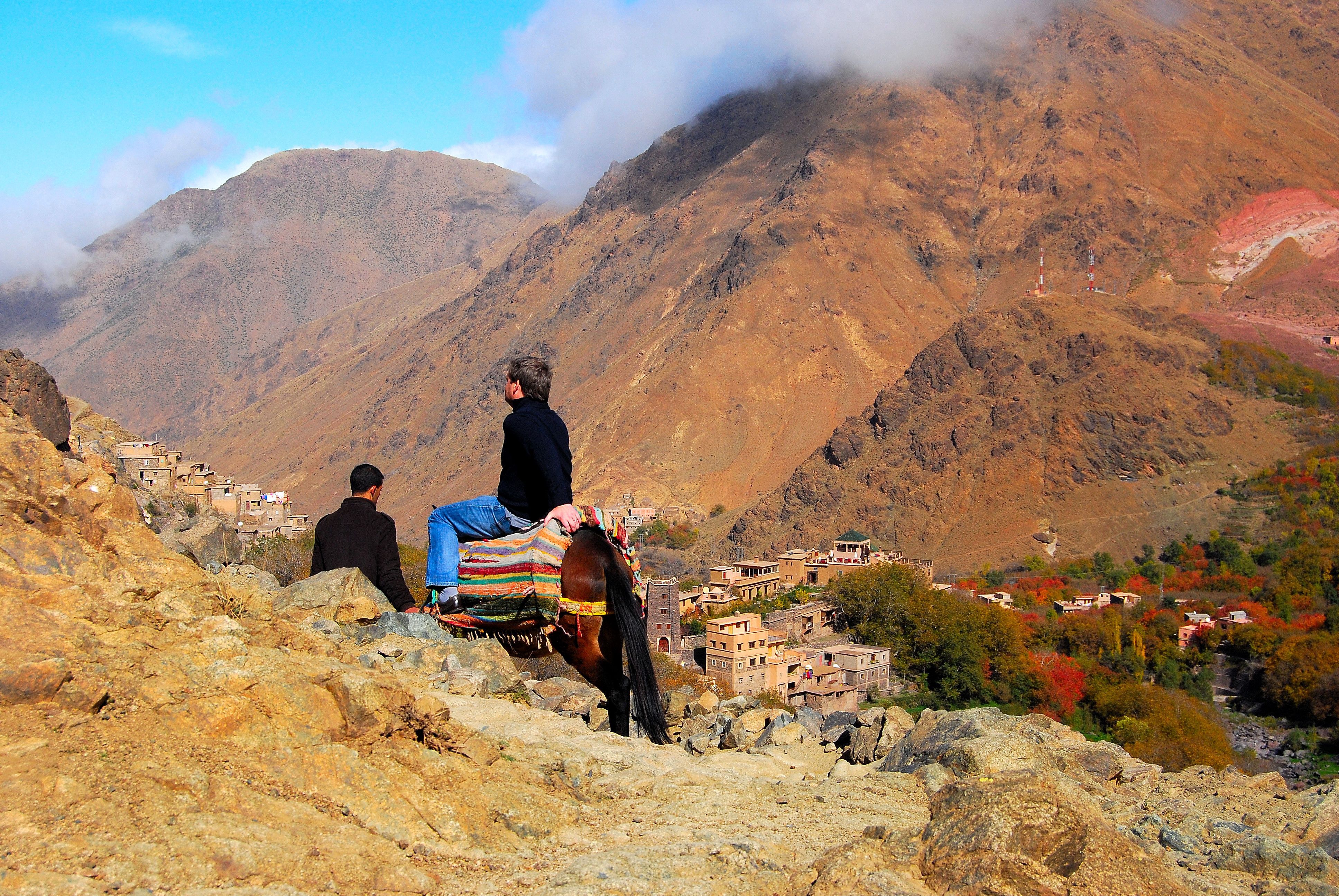
Impacts Local Community
The Kasbah du Toubkal only works with local Berber guides to provide them with sustainable employment opportunities and supports Berber women in showcasing and selling their foods such as locally made bread. 80% of staff members are able to walk to work at the Kasbah from their homes, meaning they don’t need to leave the local Imlil area in search of employment opportunities.
Nimali Tarangire
Tanzania
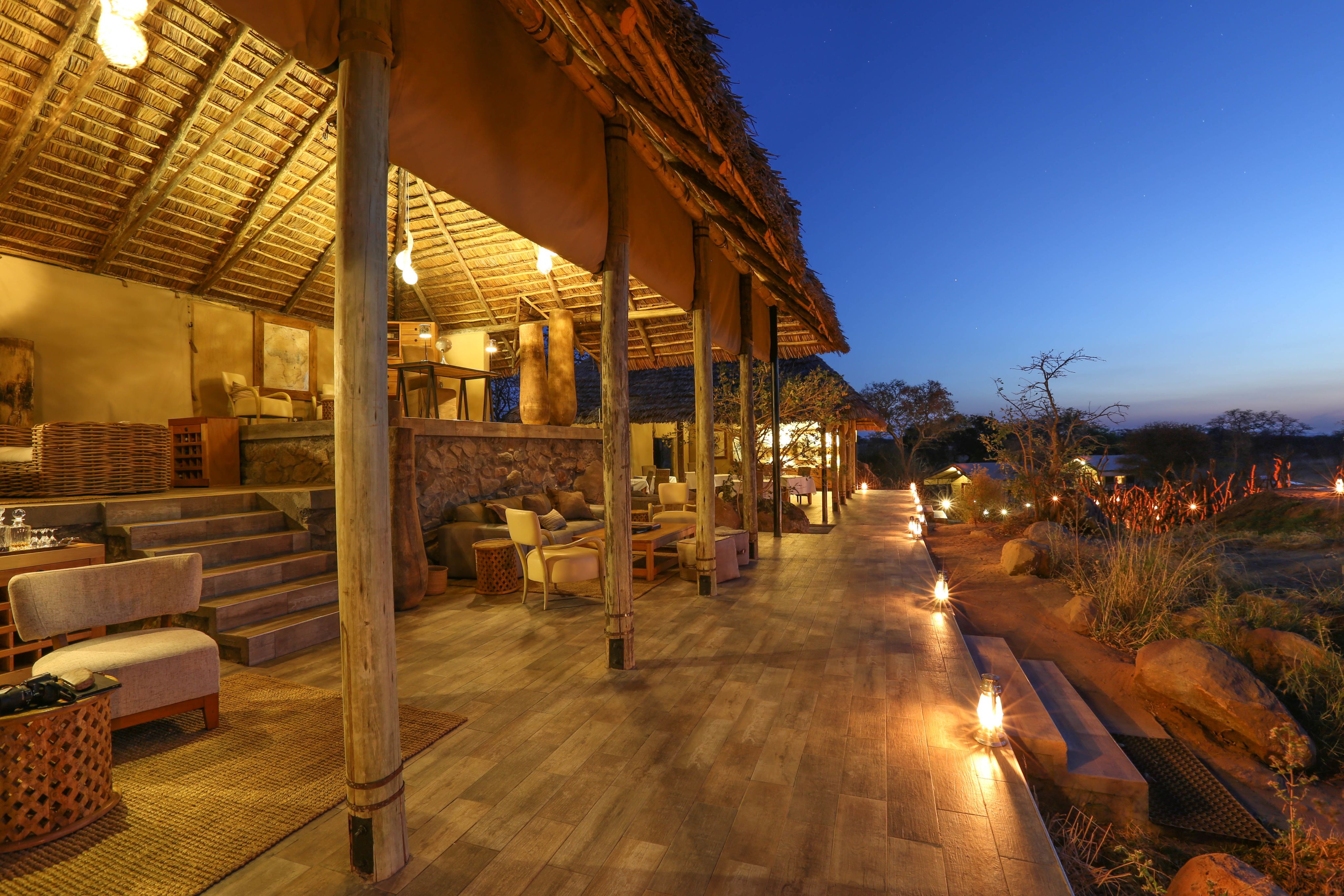
Nature is at the heart of the Nimali Africa property, which sits on a remote 1,400-acre private concession on the eastern boundary of the Tarangire National Park. The property has captivating views of the landscape dotted with baobab and acacia trees and is surrounded by a flourishing elephant population.
The property is named for the Swahili word for wealth and Nimali Africa believes nature is the continent's greatest wealth. The camp was designed with contemporary and organic decor that showcases nature-inspired Tanzanian style. It sits amongst the trees and plains, with a pool overlooking a waterhole often visited by the region’s roaming wildlife. Using solar-powered appliances and with a no-plastic policy, the camp focuses on conserving energy and preserving wildlife.
This camp is the perfect location to come if you want to respectfully connect with wildlife and see the quiet beauty of the savannah.
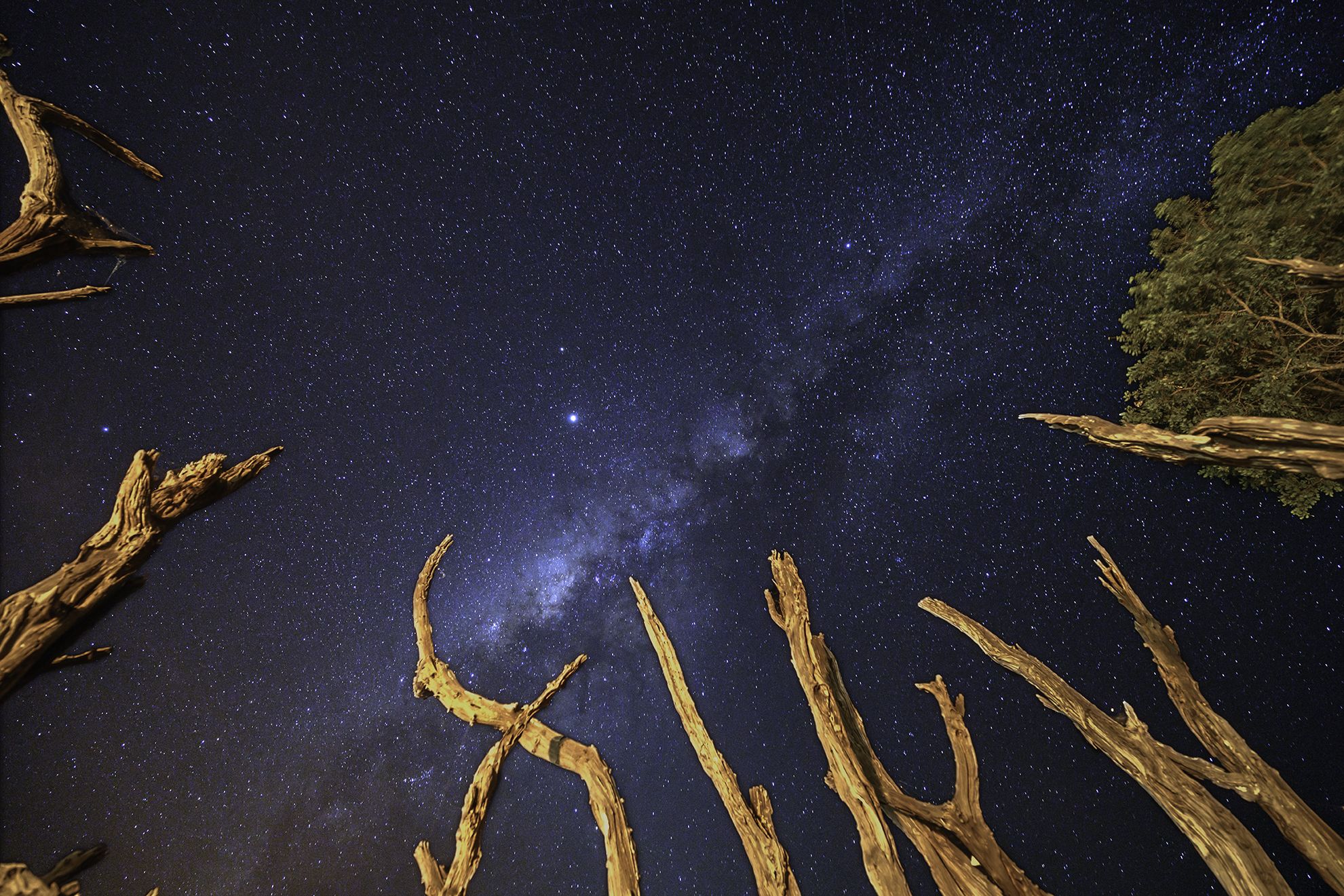
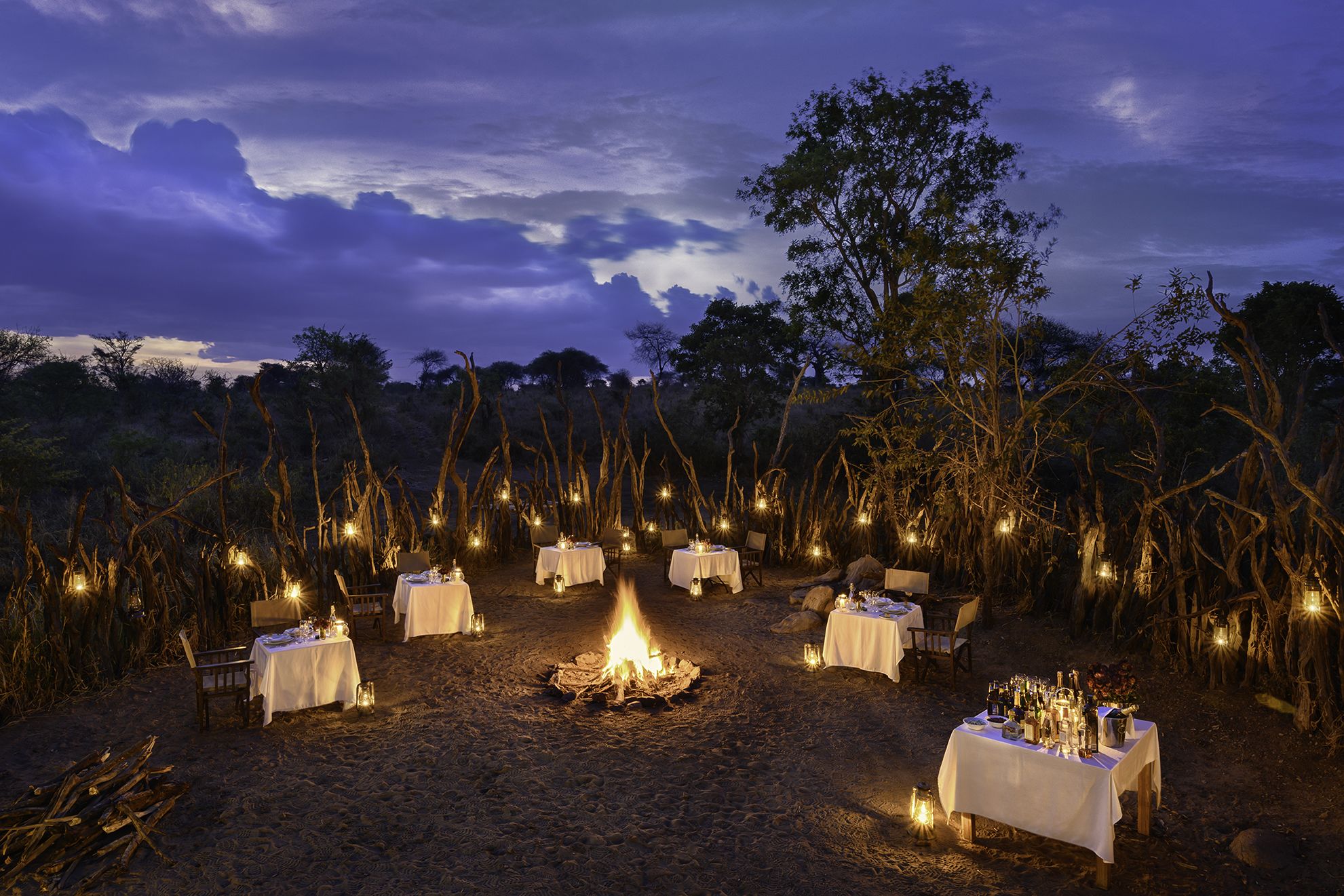
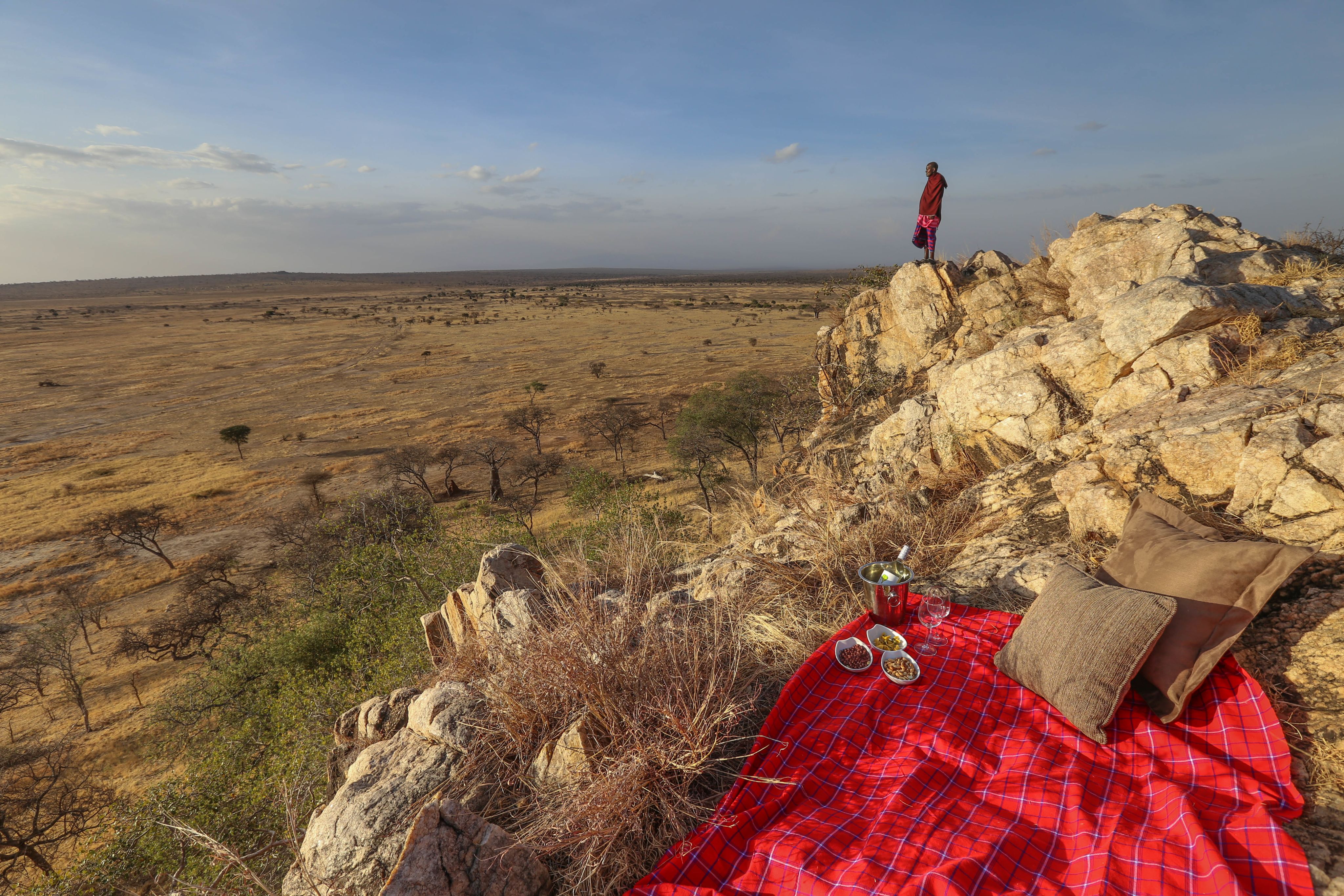
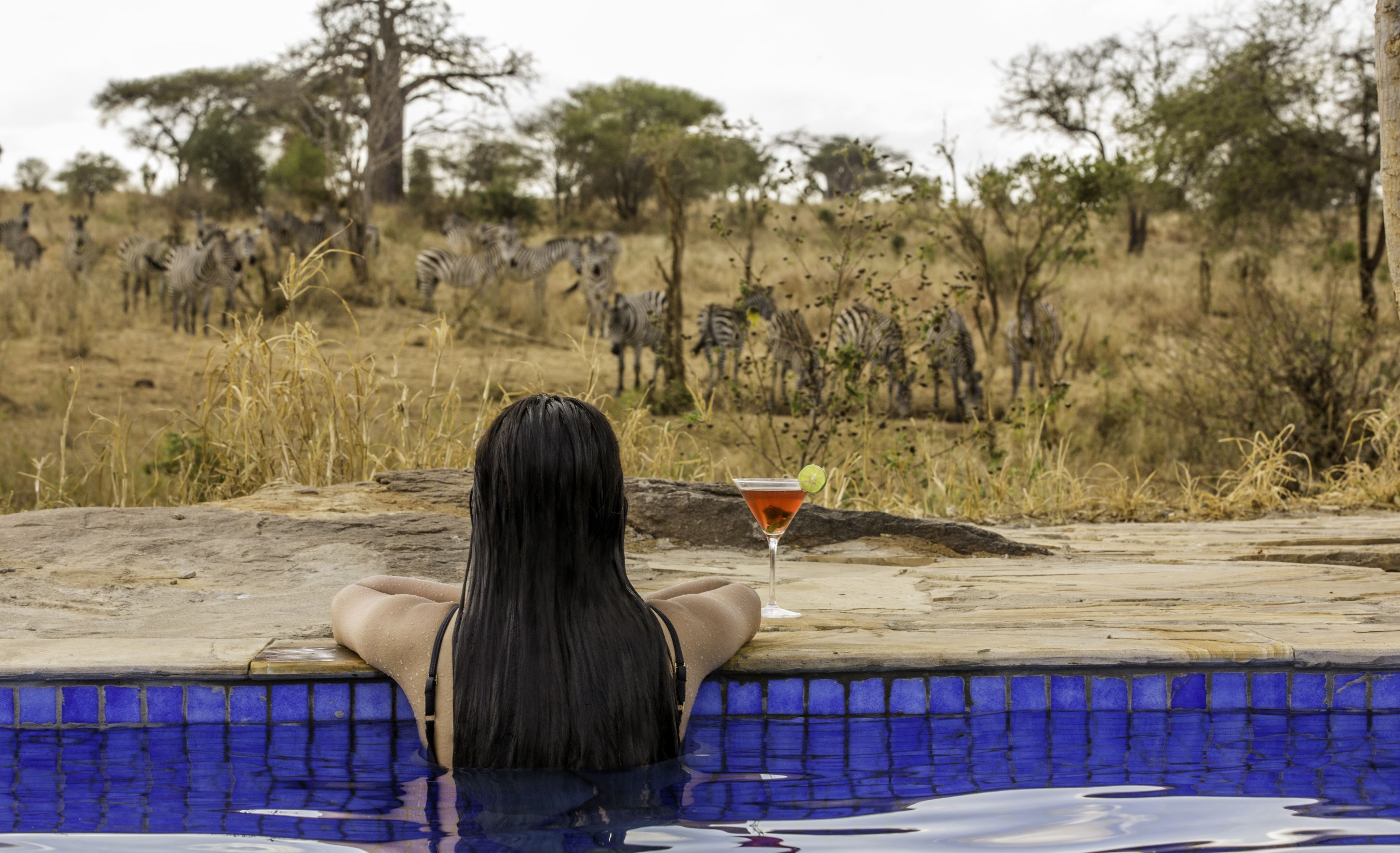
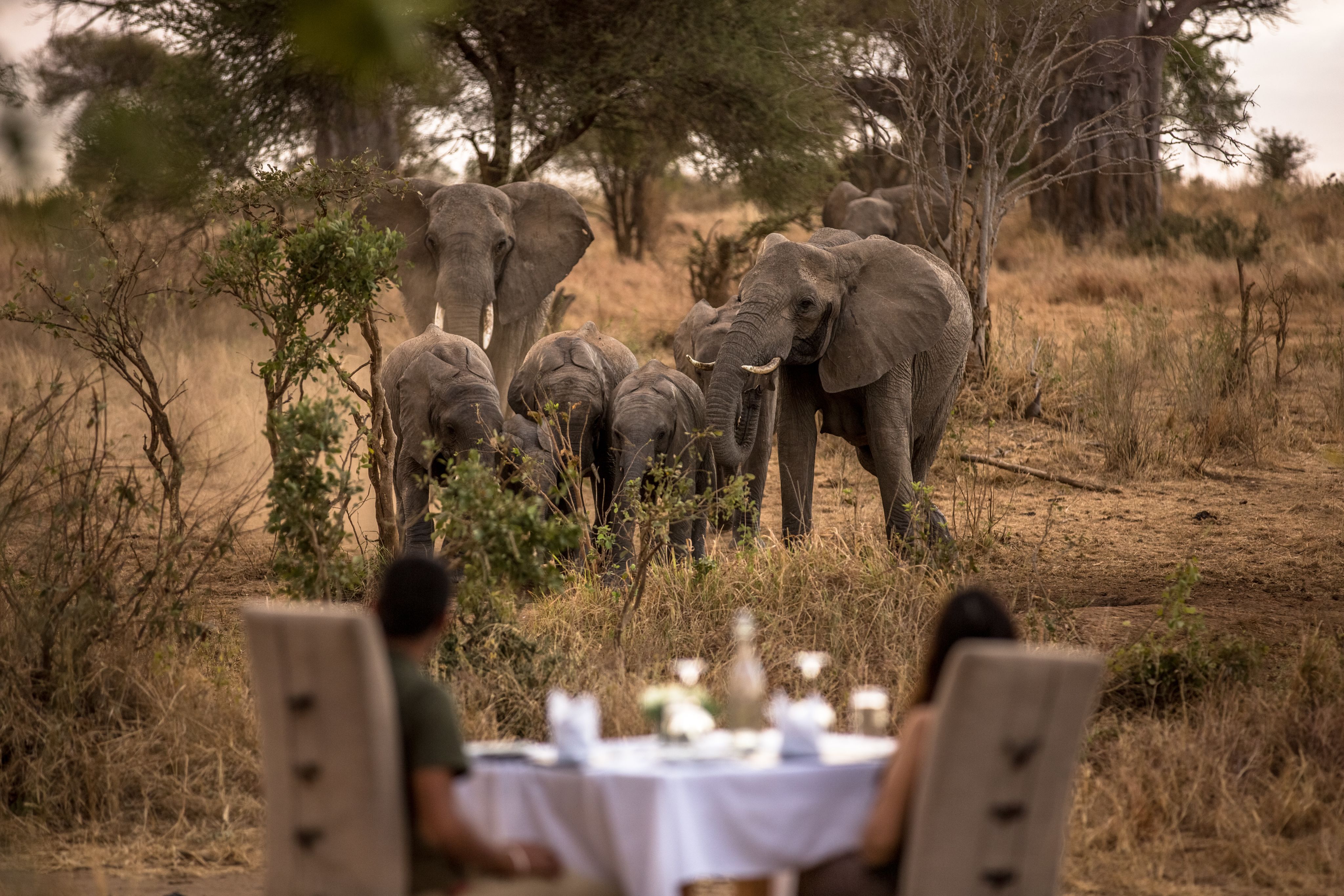
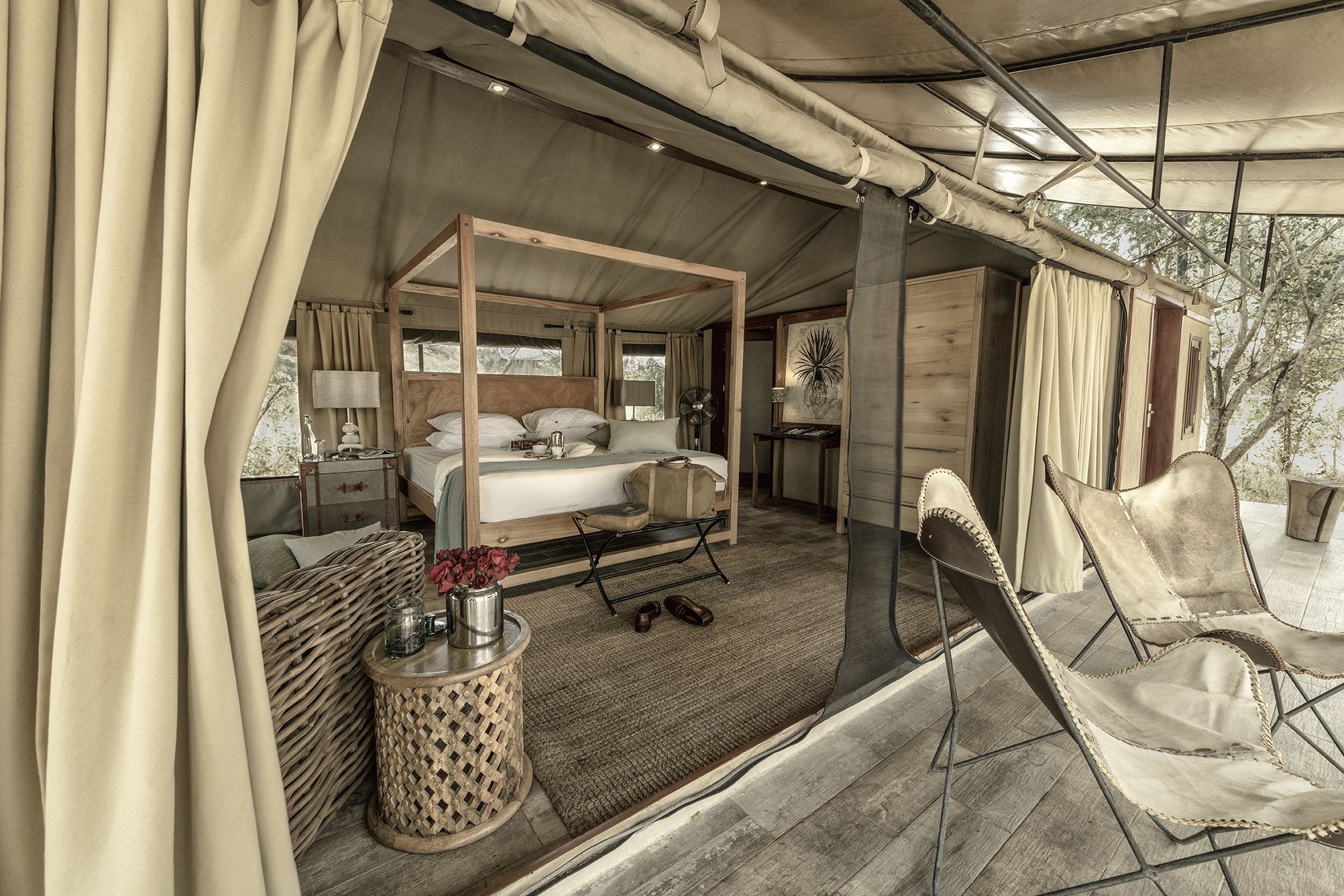
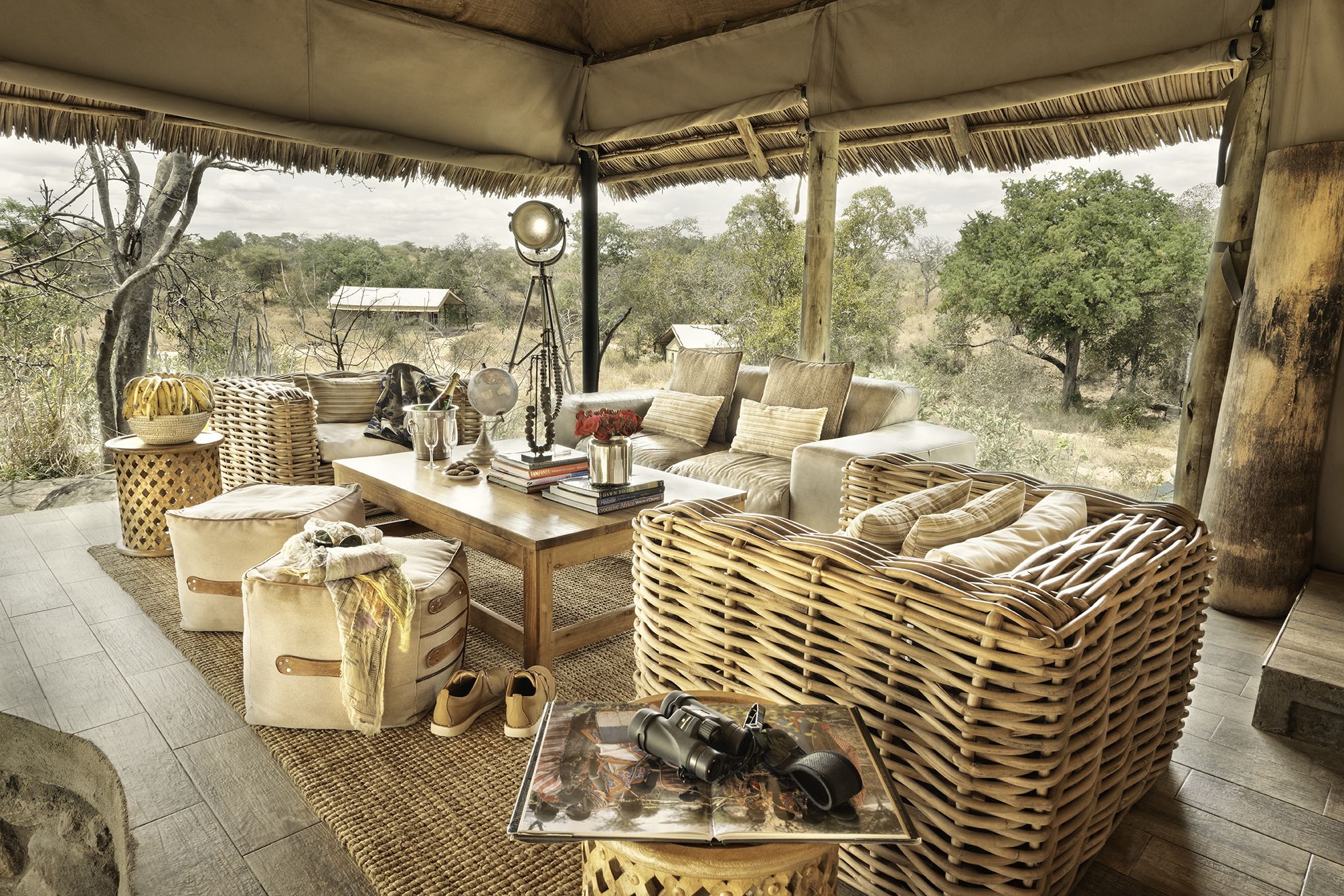







What makes Nimali Tarangire regenerative?
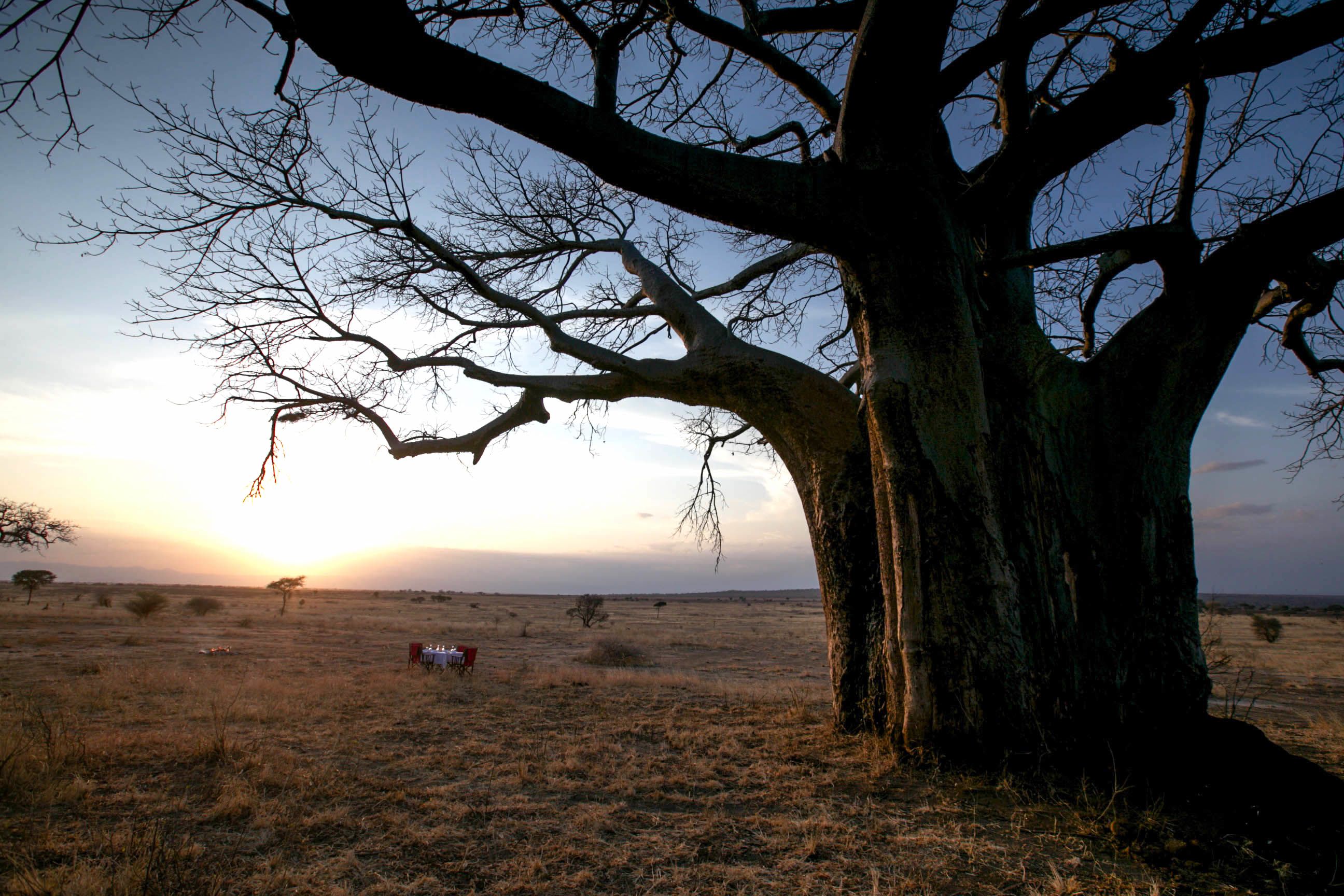
Honouring a Sense of Place
With the intention of immersing guests in nature, the camp was designed to showcase the natural kopje rock and landscape. Tents fit perfectly amongst the trees and boulders with a show-stopping traditional boma and swimming pool overlooking the waterhole.
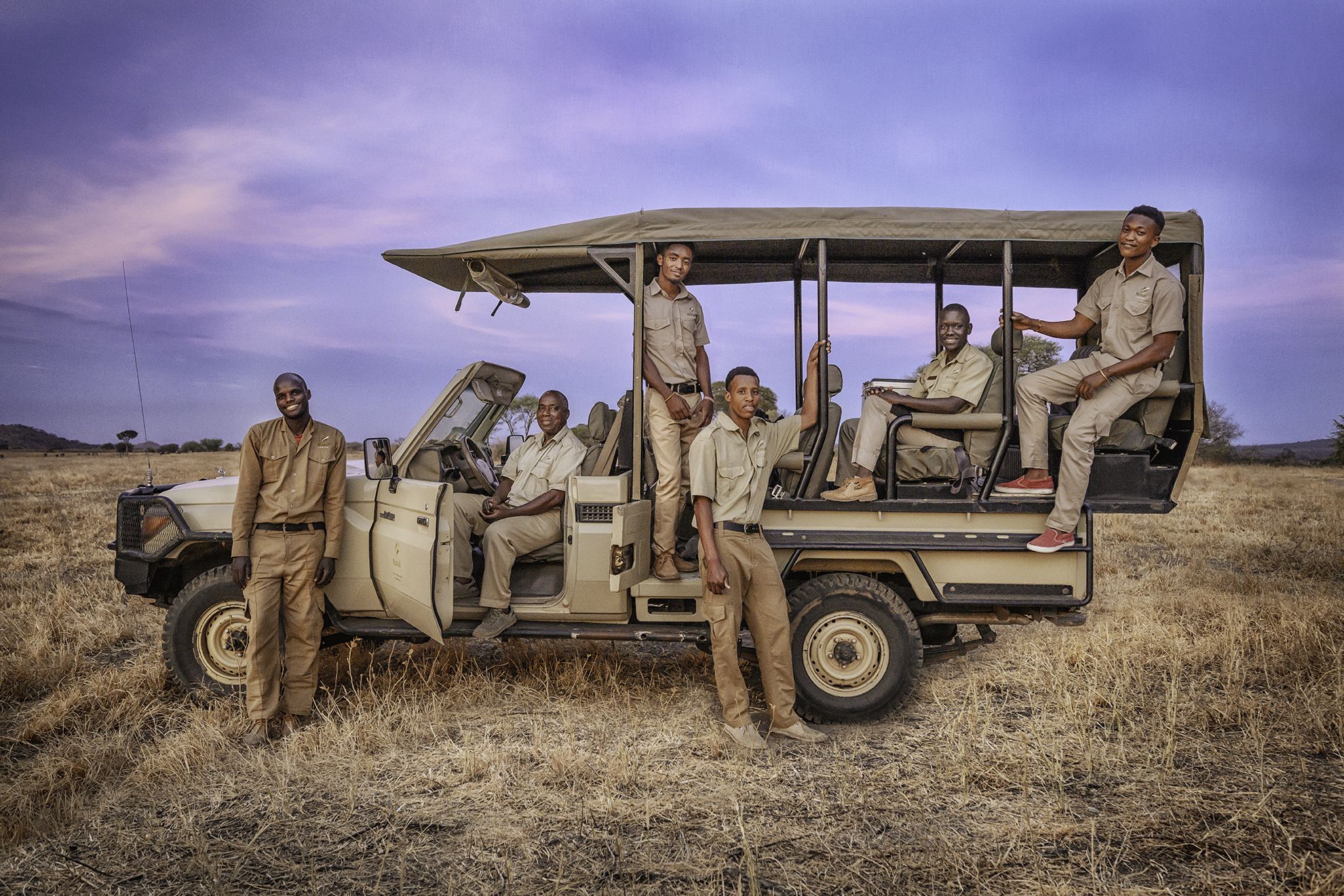
Community-Driven Conservation
Working against encroachment, Nimali Tarangire employs local people as a part of their anti-poaching team with the mission to save the natural environment and wildlife. It makes sure to conserve the natural habitat, providing education on sustainable solutions to the human-wildlife conflict, particularly for the villages on the front line.
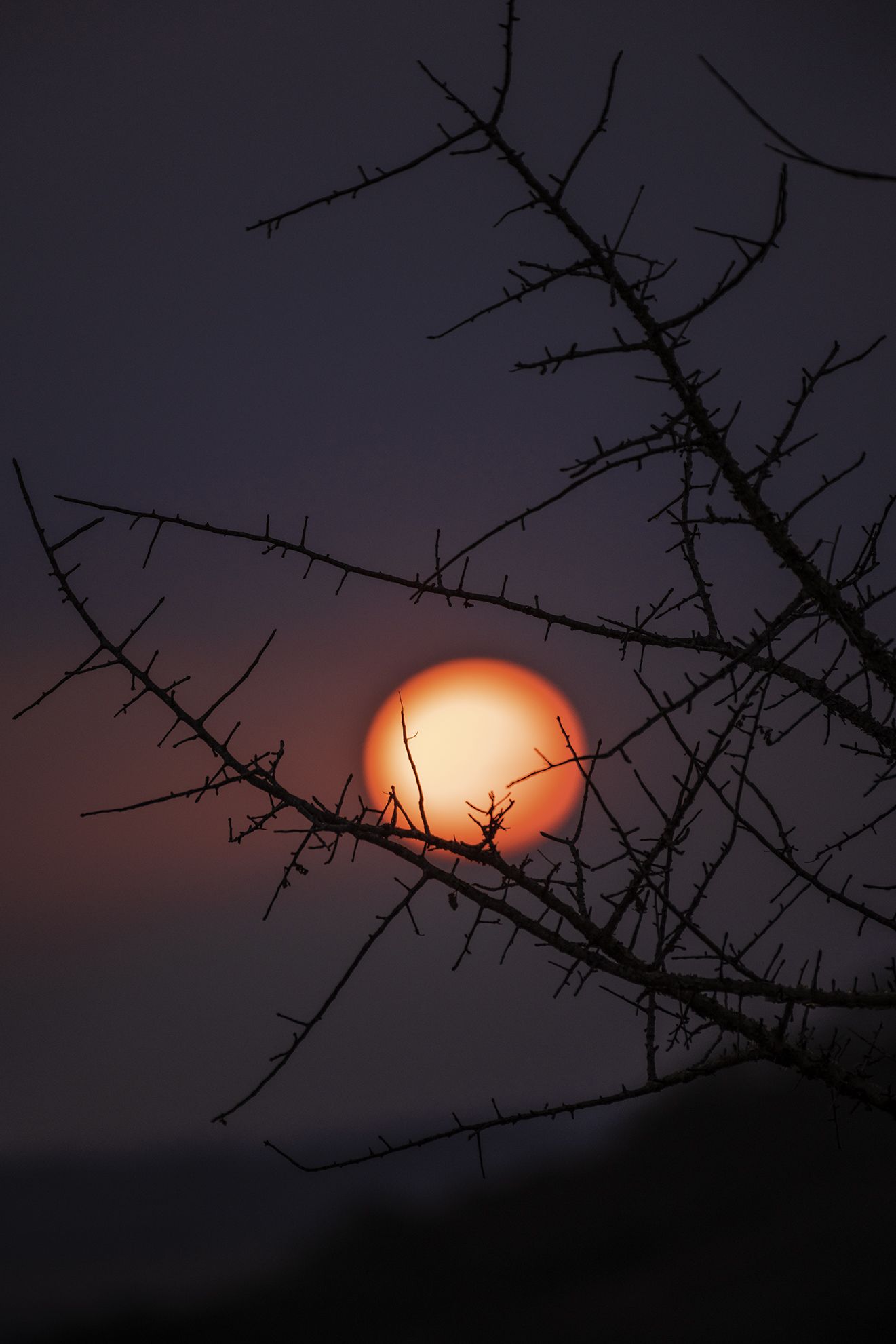
Solar Power & Waste Minimization
Operating on fully solar-powered appliances such as solar water pumps, heaters, and solar fridges, the property minimizes its impact on the land. There’s a no-plastic policy with refillable water bottles provided for game drives. There is also a recycling program in place in Arusha that ensures all items are returned from Nimali camps to this recycling center.
Bliss & Stars
South Africa
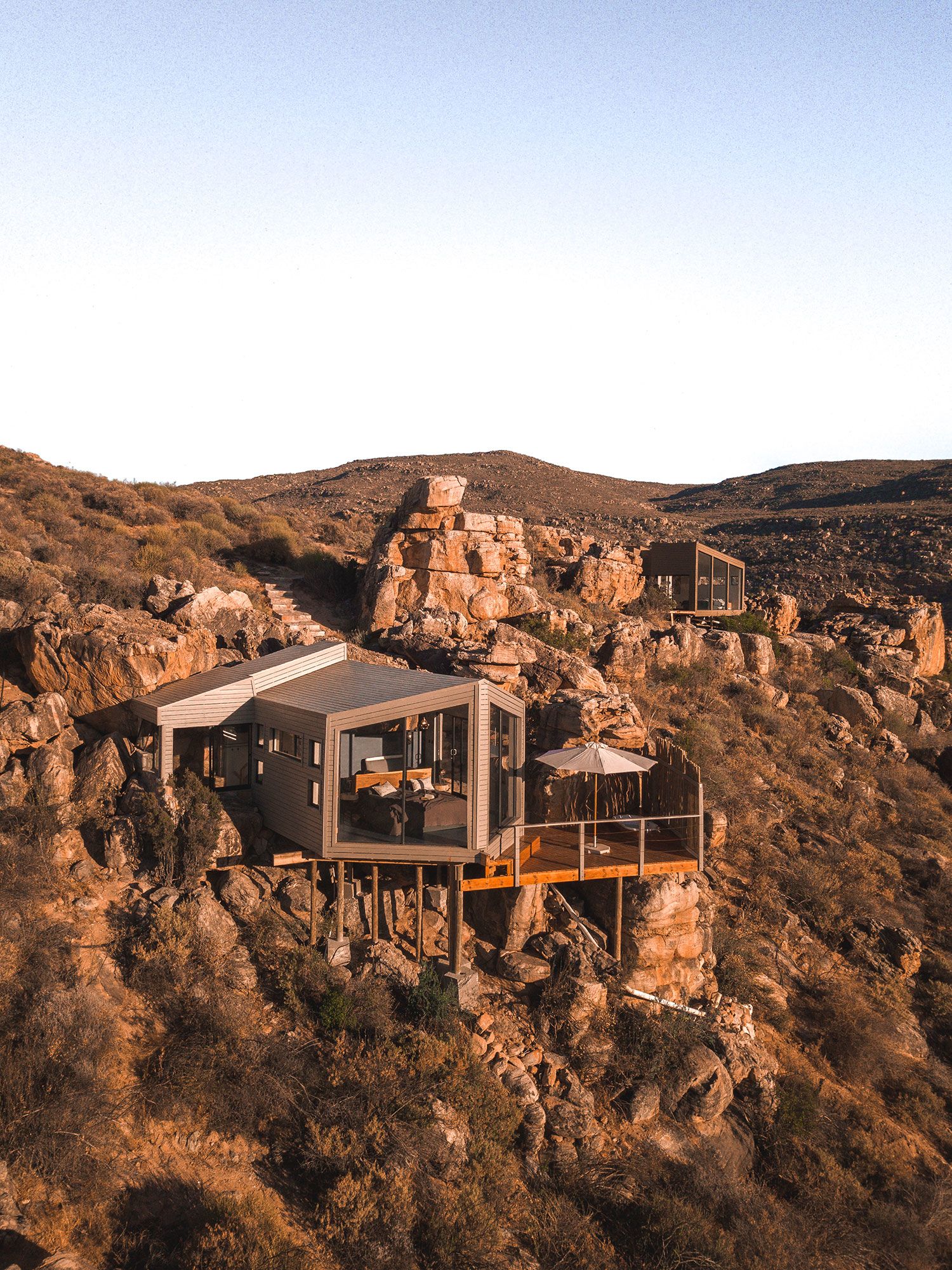
South Africa’s Cederberg Mountains, located just two hours north of Cape Town, are characterized by dramatic rock formations and raw wild beauty. This is the setting for Bliss & Stars, a luxurious property that seeks to connect visitors to nature, wilderness, and their inner selves.
The property has been carefully constructed to respect the surrounding mountains and consists of chalets and tented chalets tucked unassumingly into the rocks. The result is a fusion of Nordic minimalism with the expansiveness of South African wilderness. Founded as the ultimate antidote to hustle and burnout, Bliss & Stars encourages guests to appreciate the power of nature and being in the present. This is a great addition to a South Africa itinerary for those who want a few days to rejuvenate while taking in stunning natural beauty.

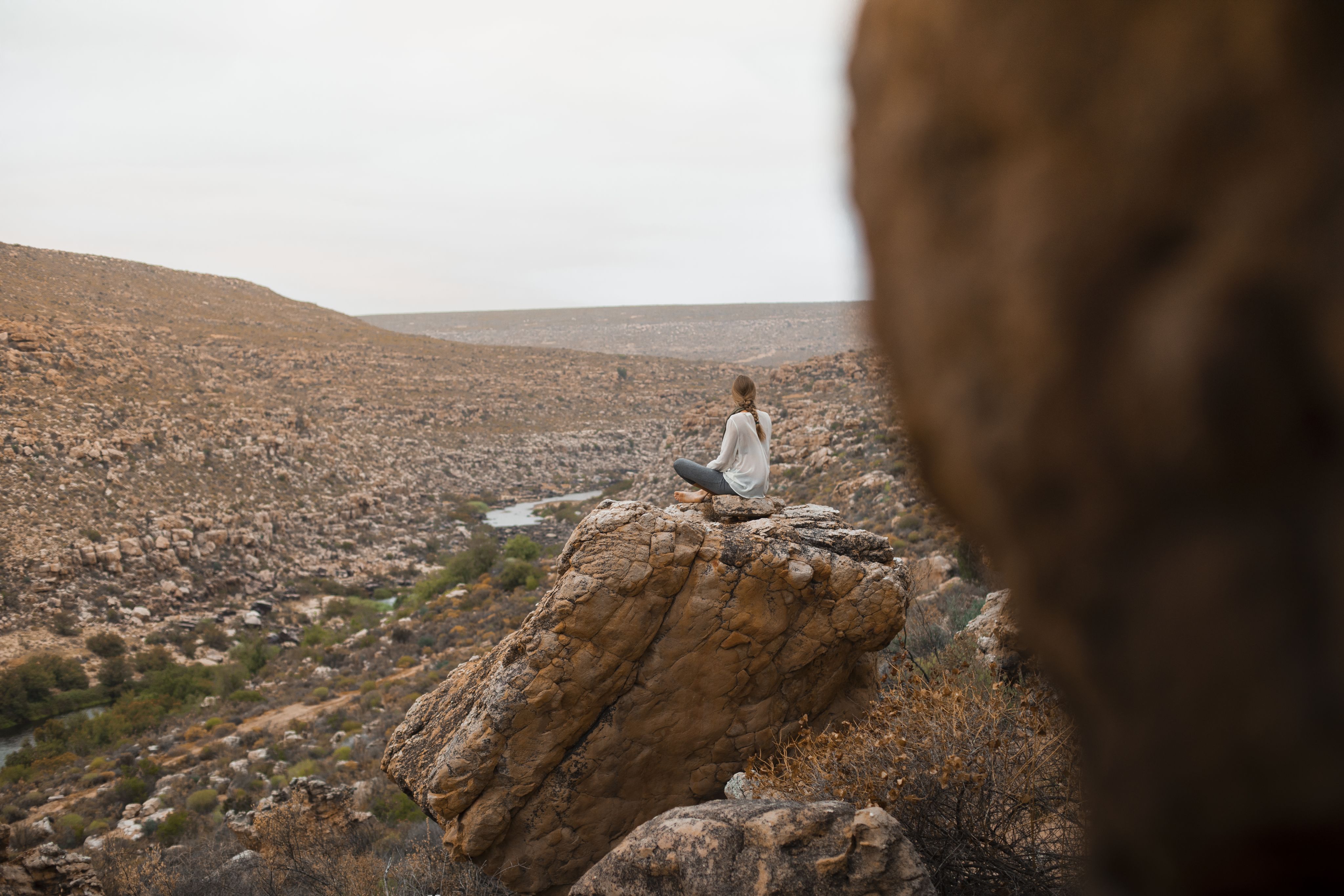
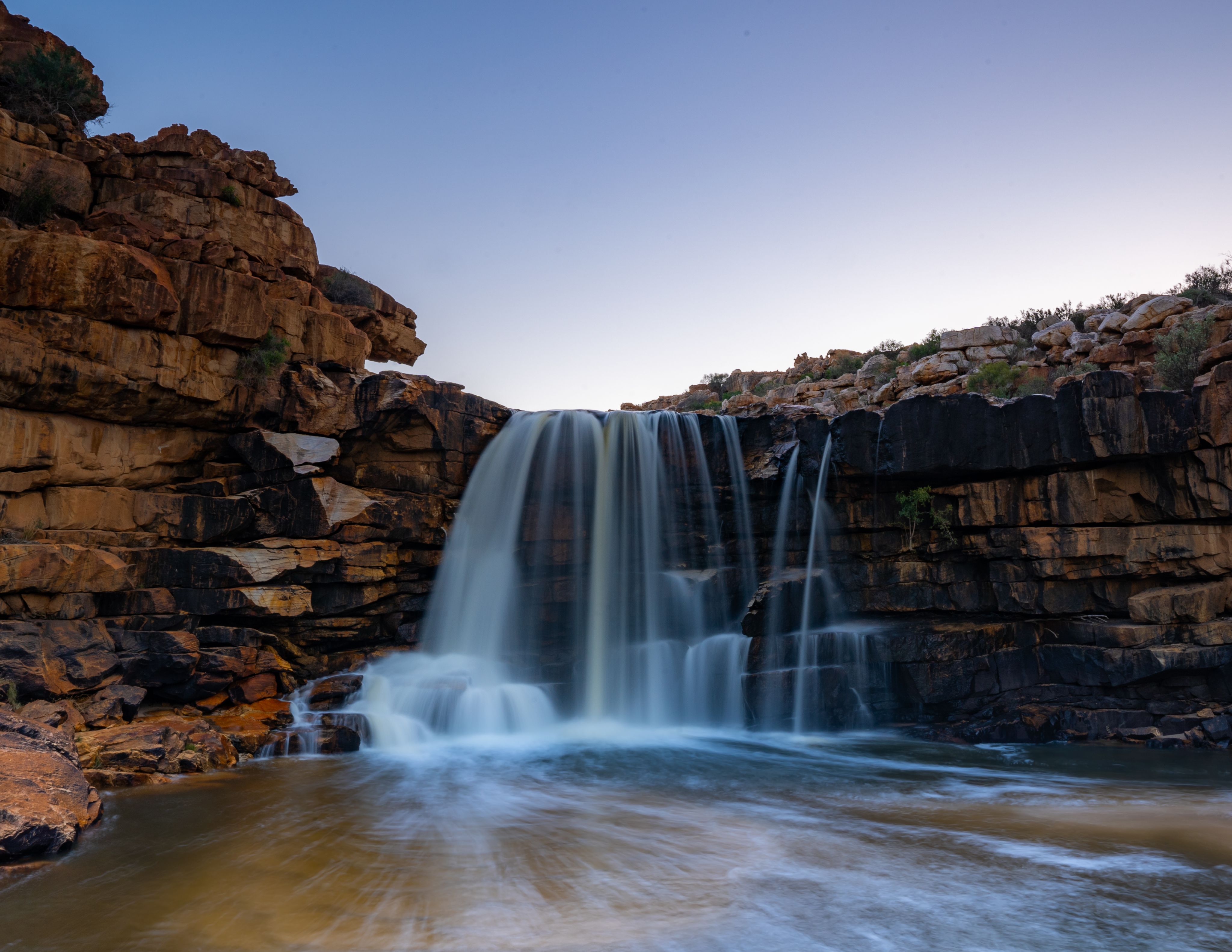
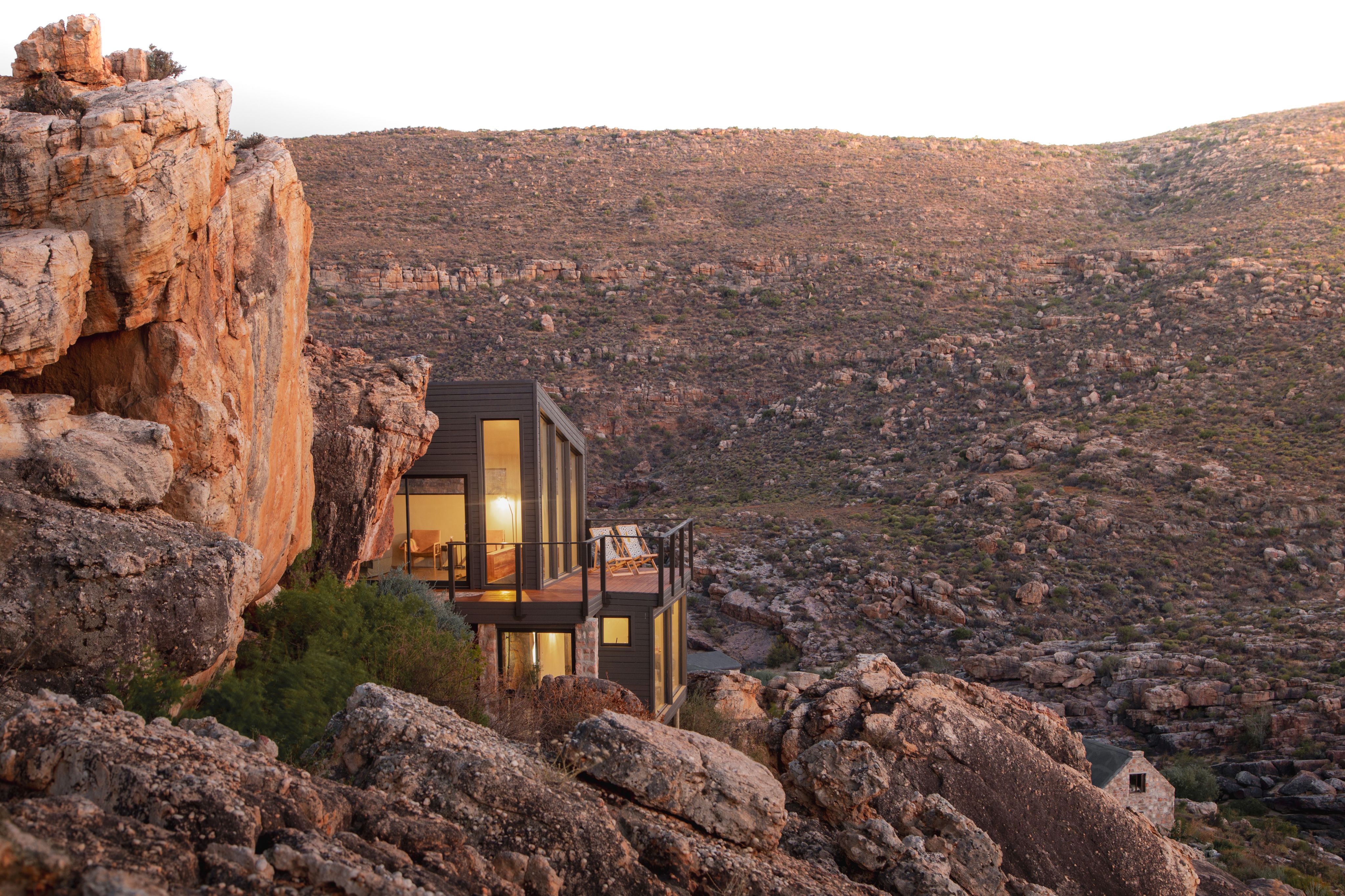
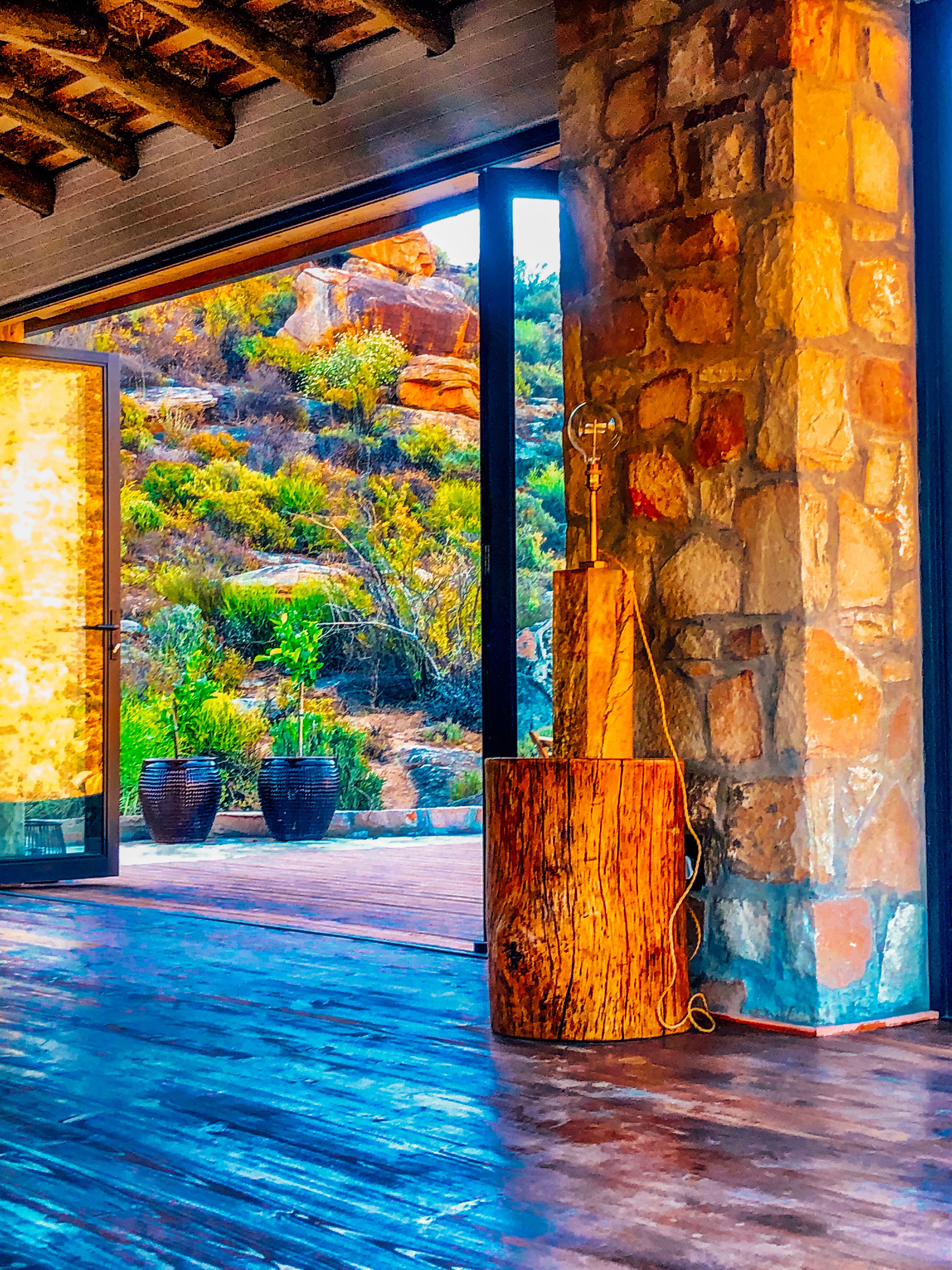
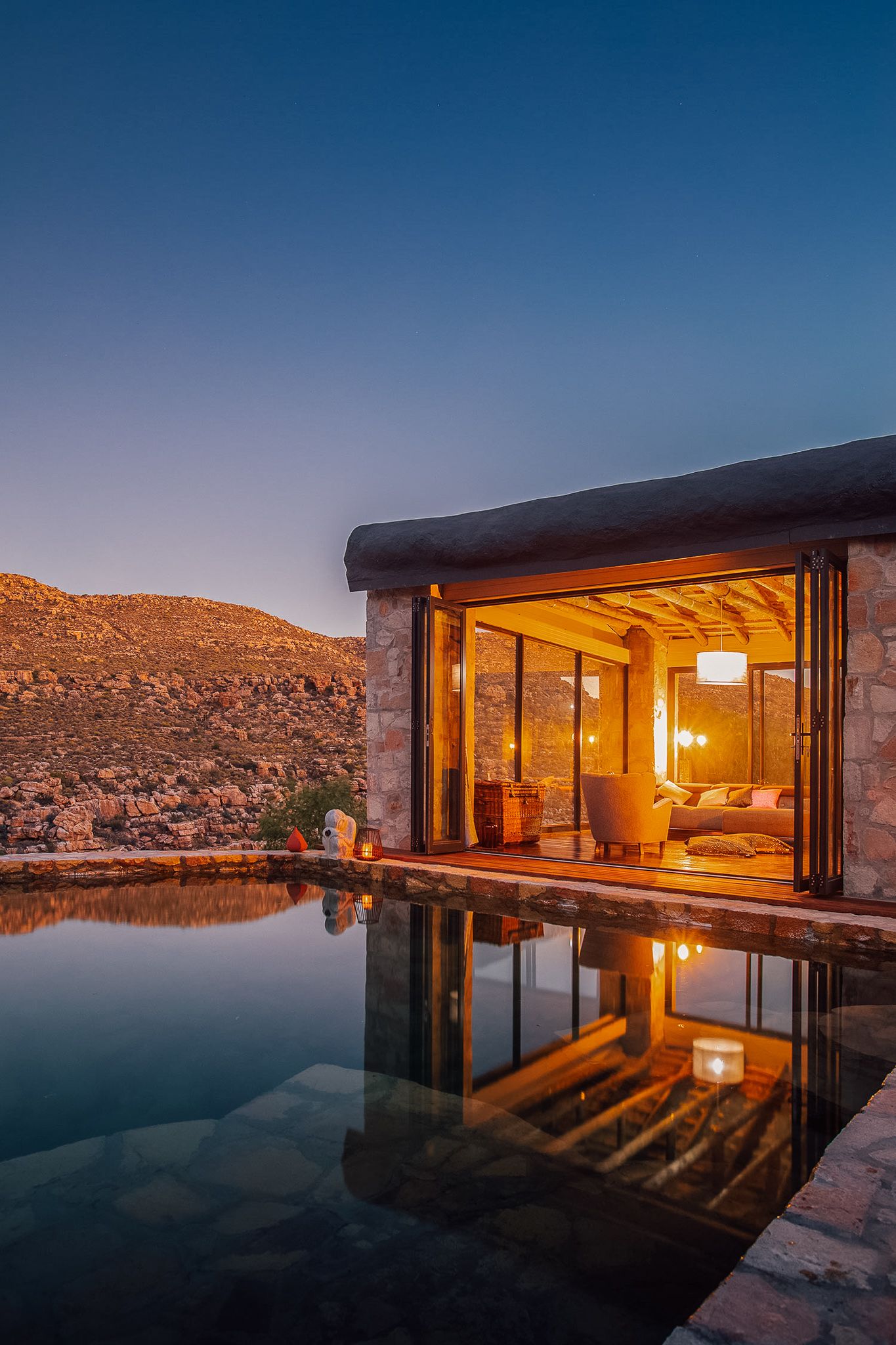








What makes Bliss & Stars regenerative?
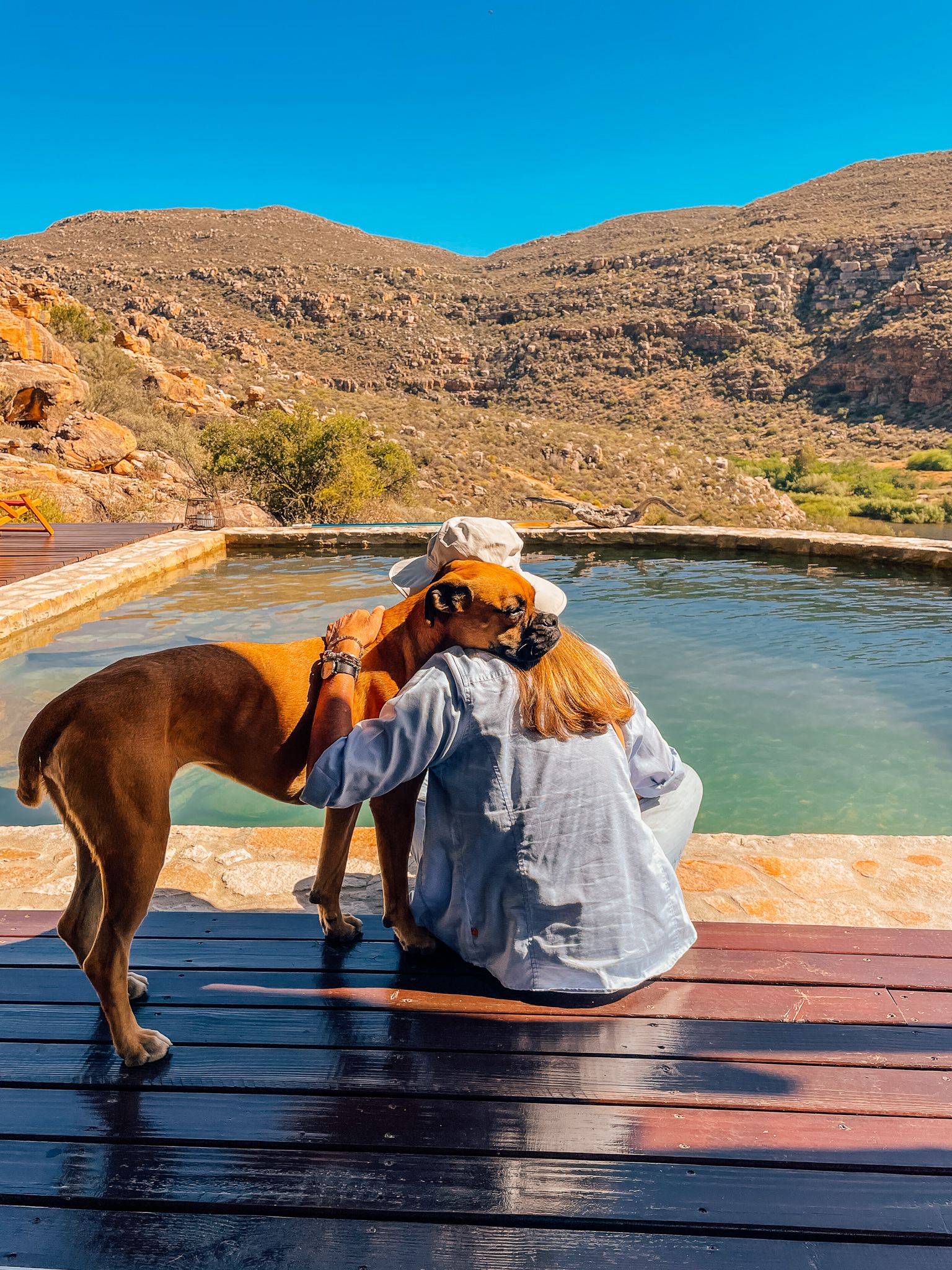
Bursary Program
Aware that not everyone can afford a retreat and escape to their pristine wilderness but wanting to share the benefits of nourishment and restoration with as many people as possible, Bliss & Stars has a bursary program that makes retreats available to everyone regardless of their financial status. 5% of proceeds are allocated to the bursary program. Those hoping to gain a bursary can apply for the program on the Bliss & Stars website.
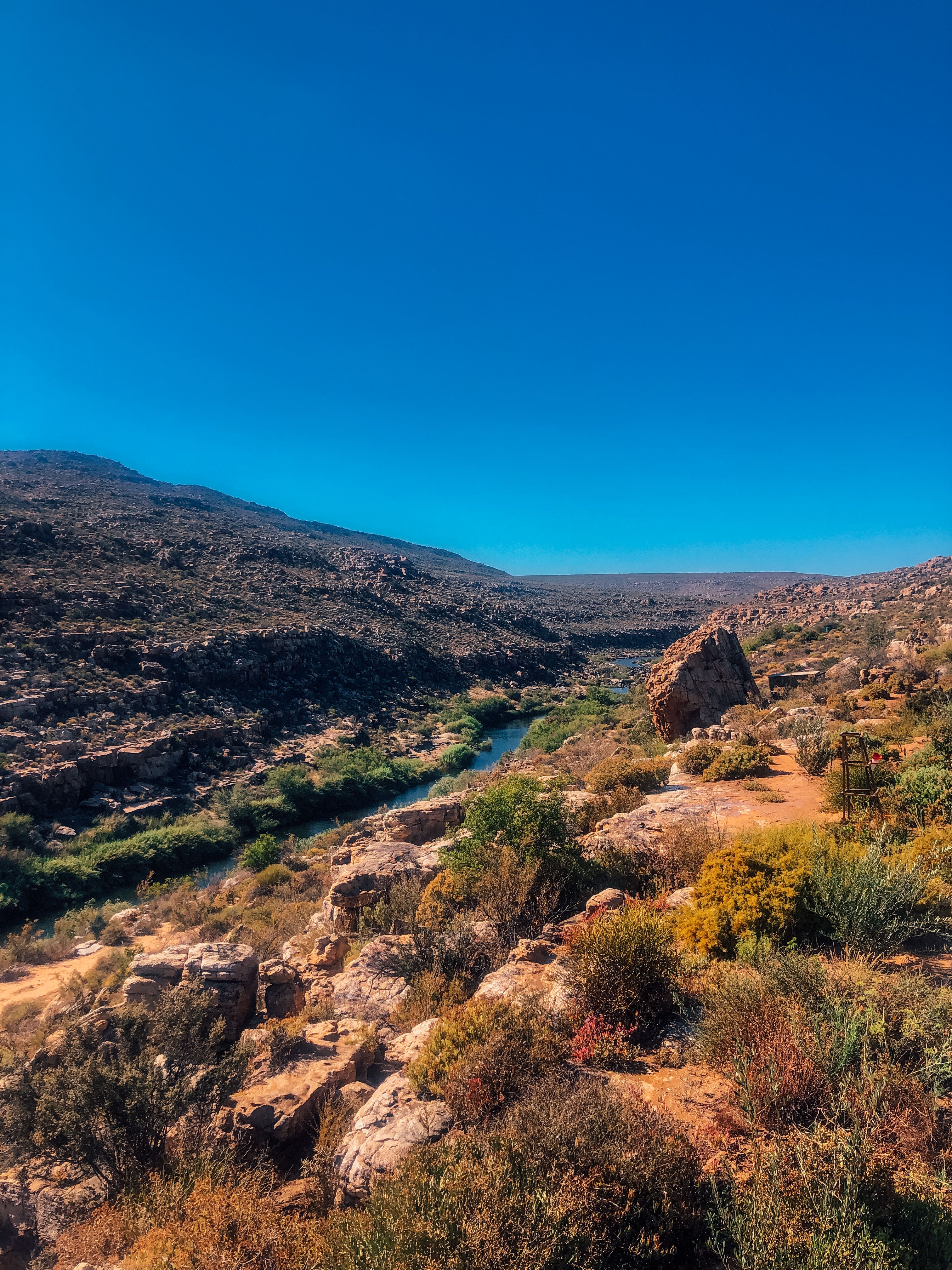
Eradicate Invasive Species
Careful to restore and regenerate the local environment, Bliss & Stars makes the effort to fish out invasive species from the river to help the positive circularity of the local ecosystem.
The wood used for fire to keep guests warm at night is also sourced exclusively from invasive species.
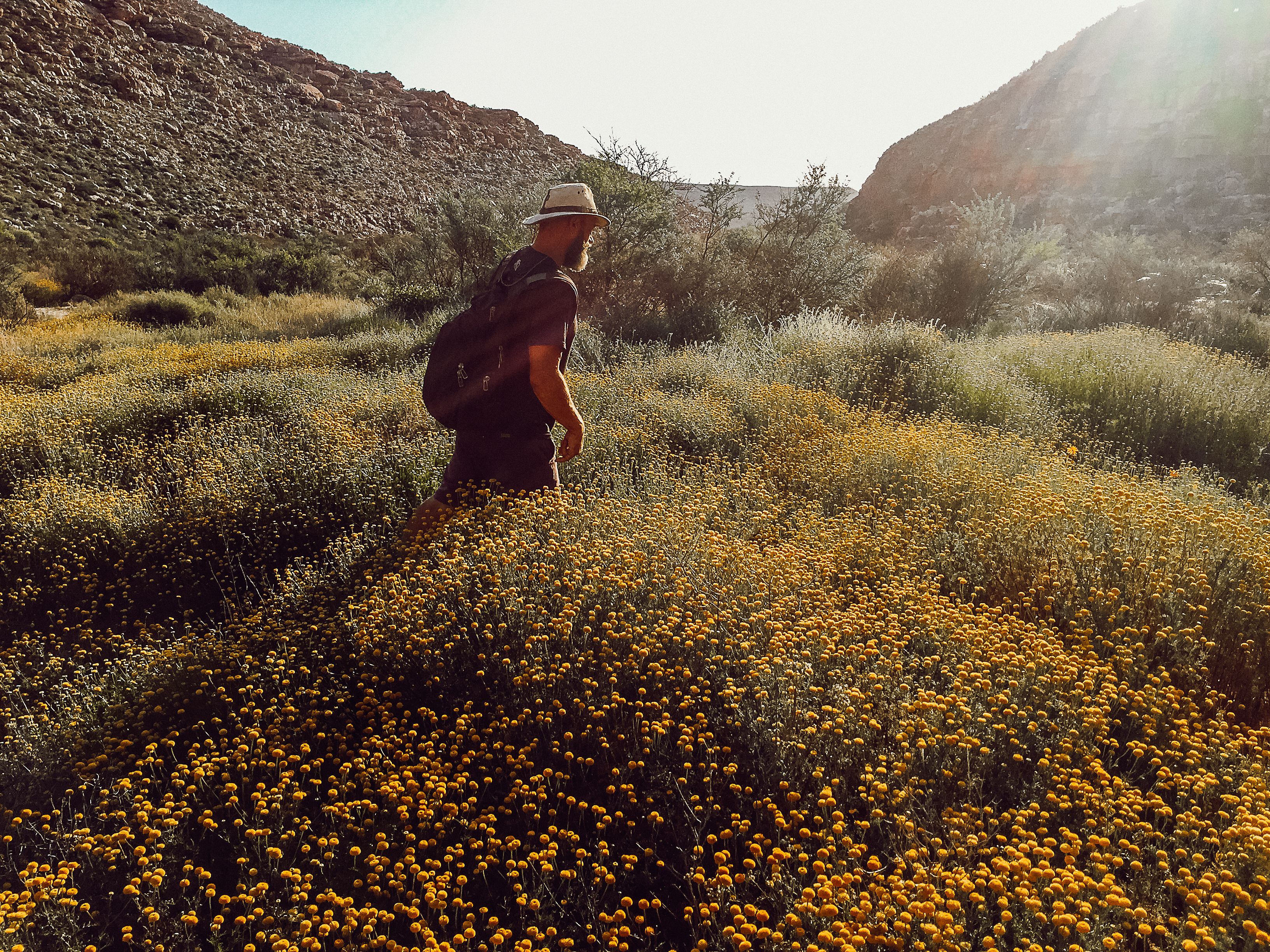
Minimize Impact
Bliss & Stars makes a conscious effort to build using rock and sand collected from the property itself. 100% of energy is solar-powered and all water used is from a natural spring. All hikes follow the paths that animals have already carved out. Thanks to restorative practices including irrigation using wastewater, the retreat has seen local flora flourish after long suffering from drought.